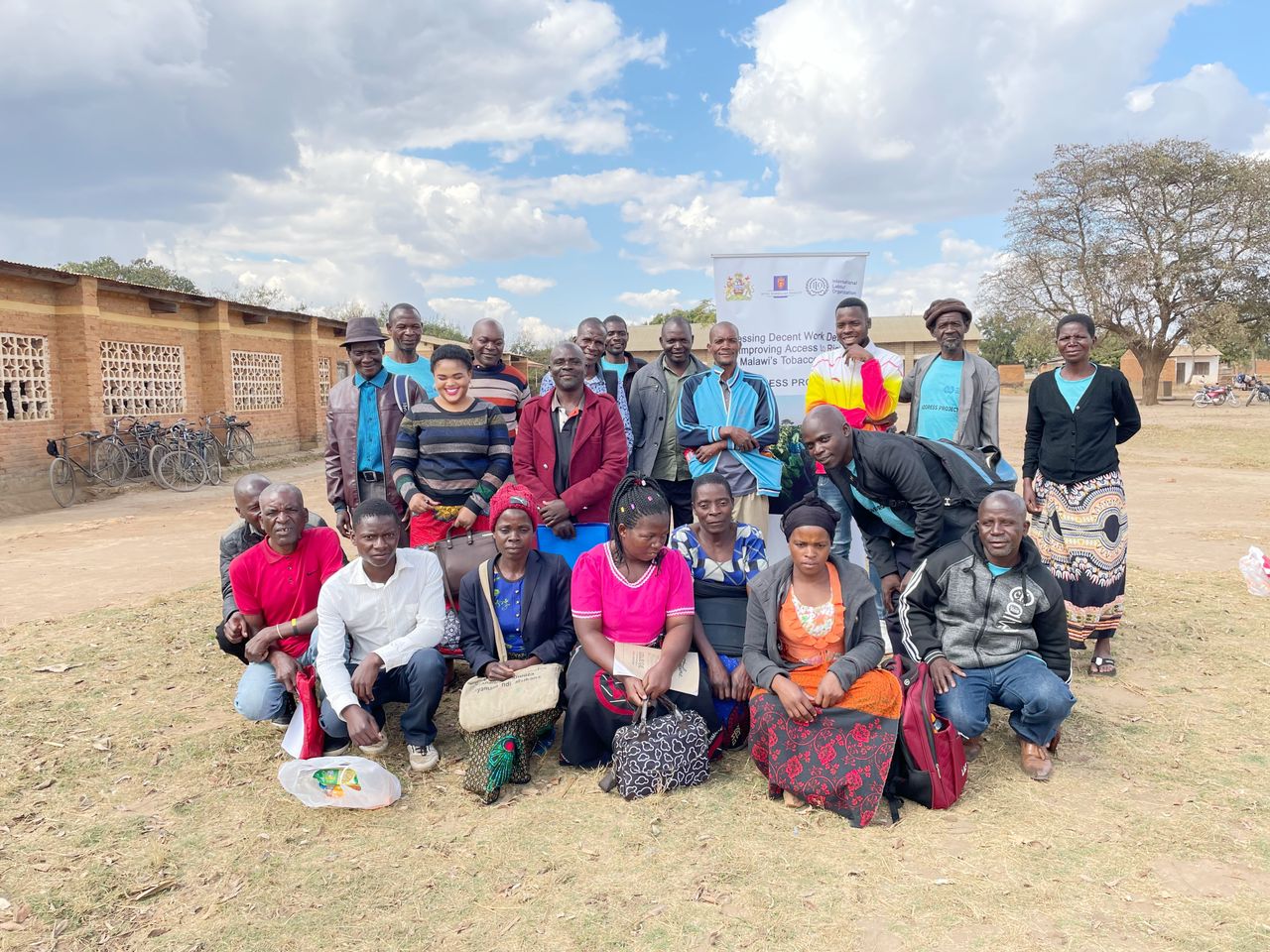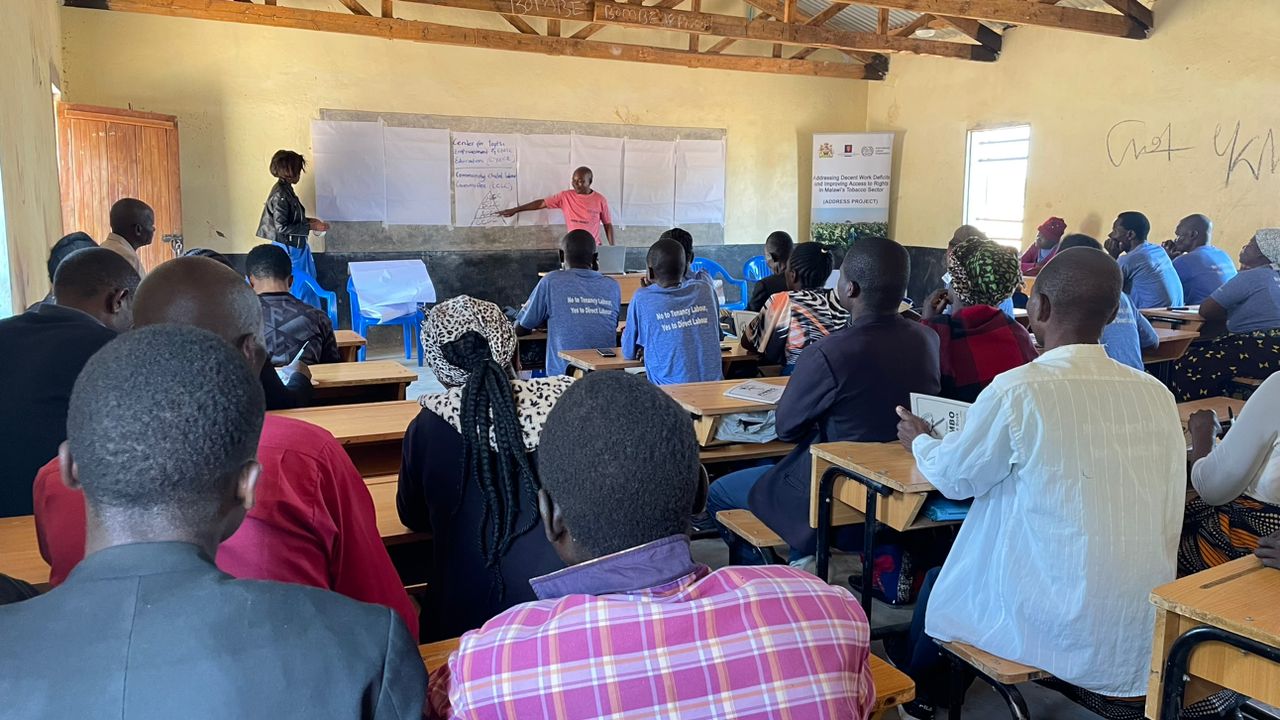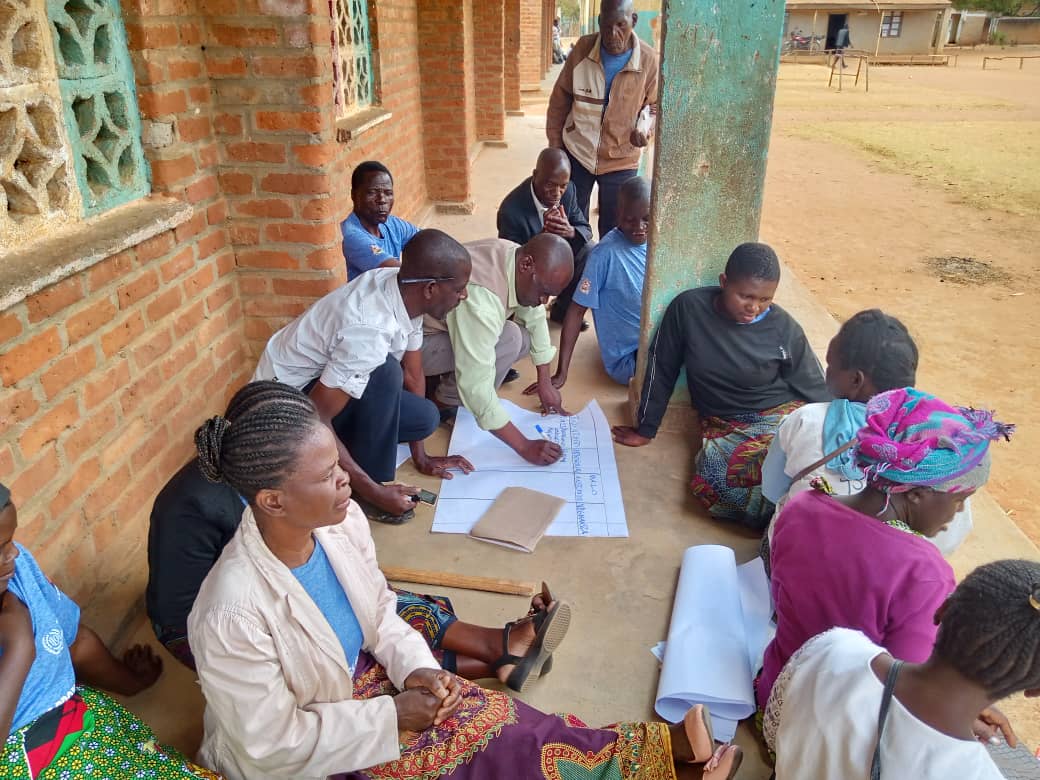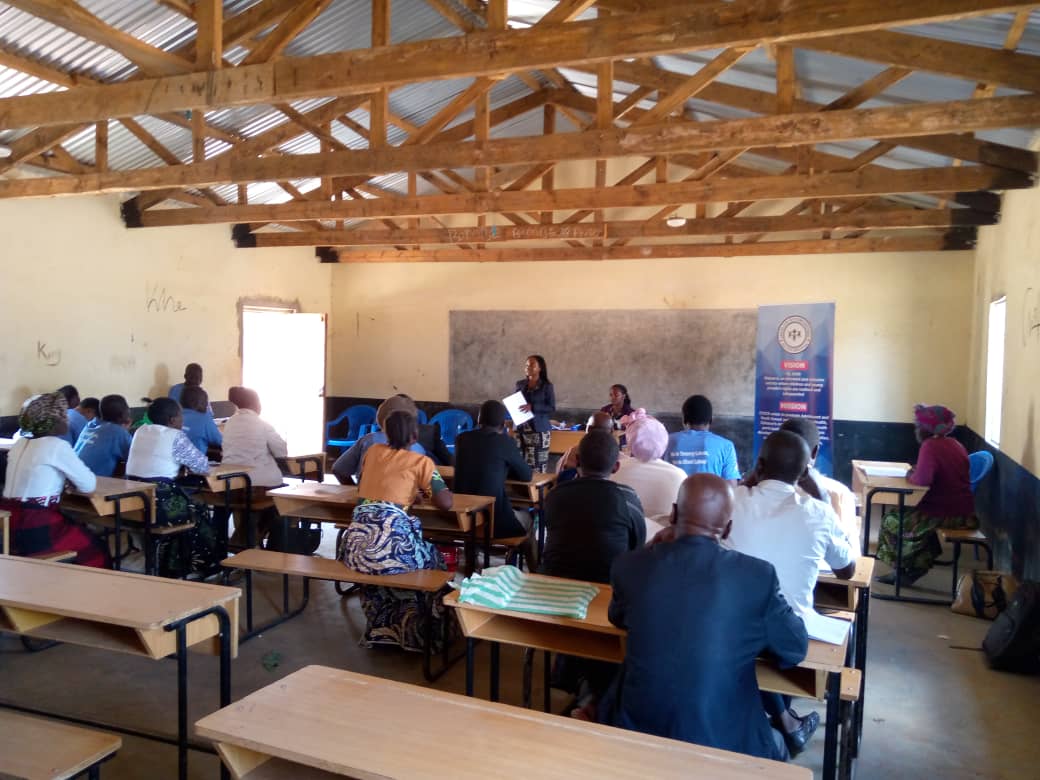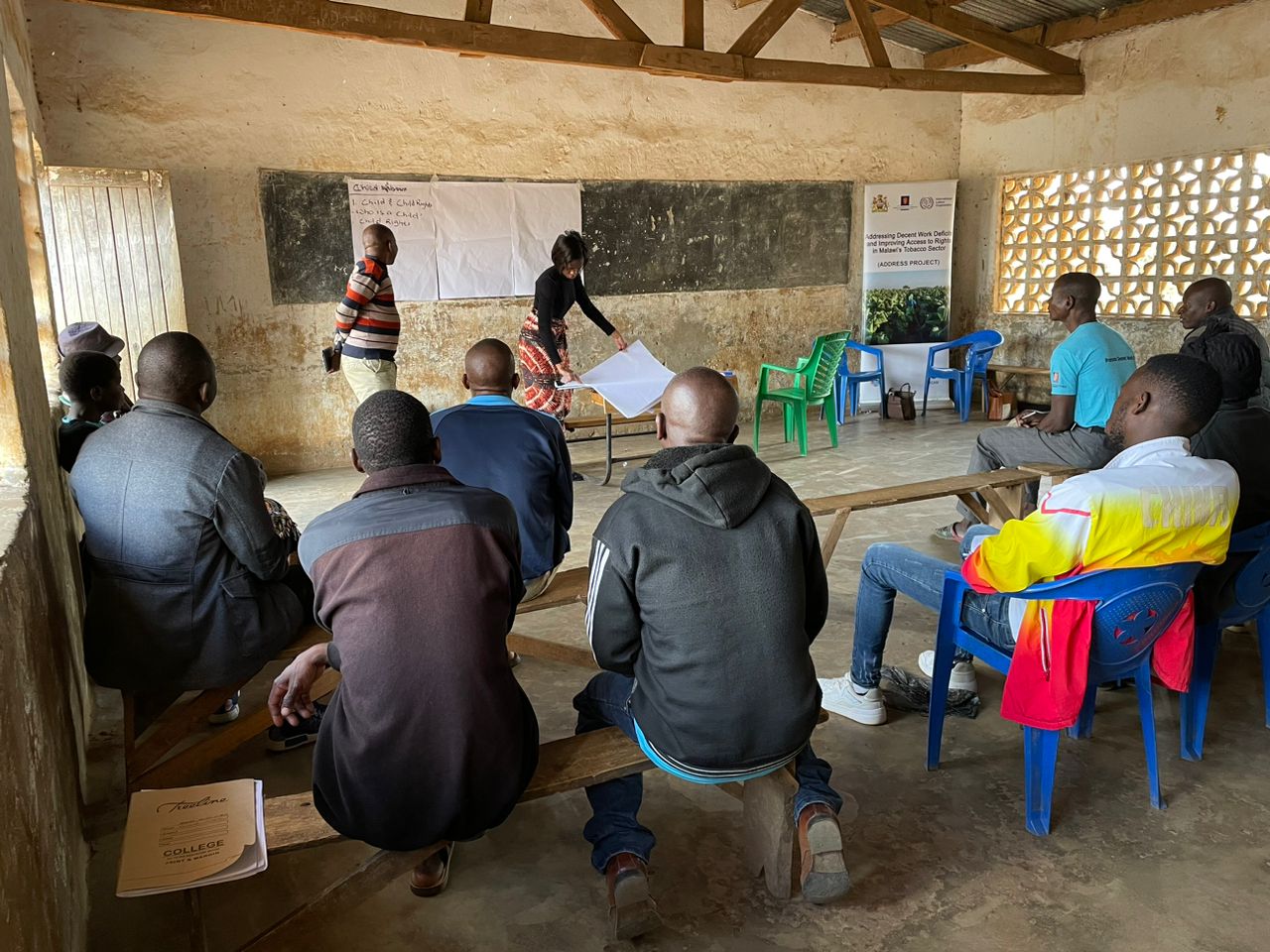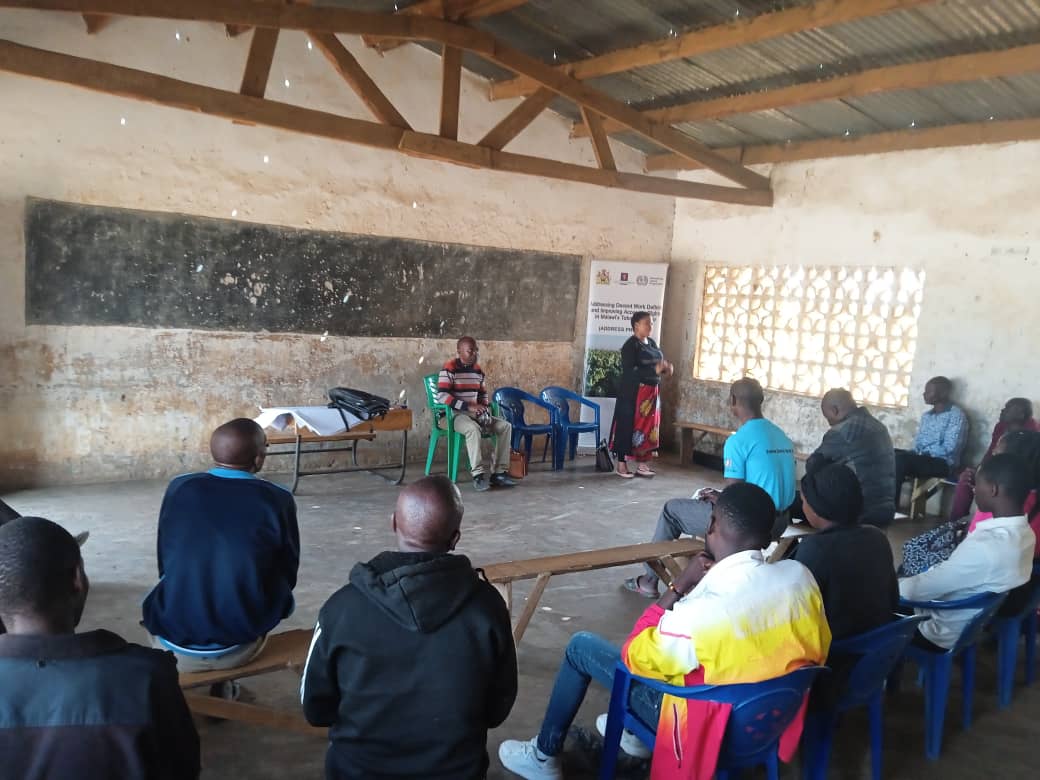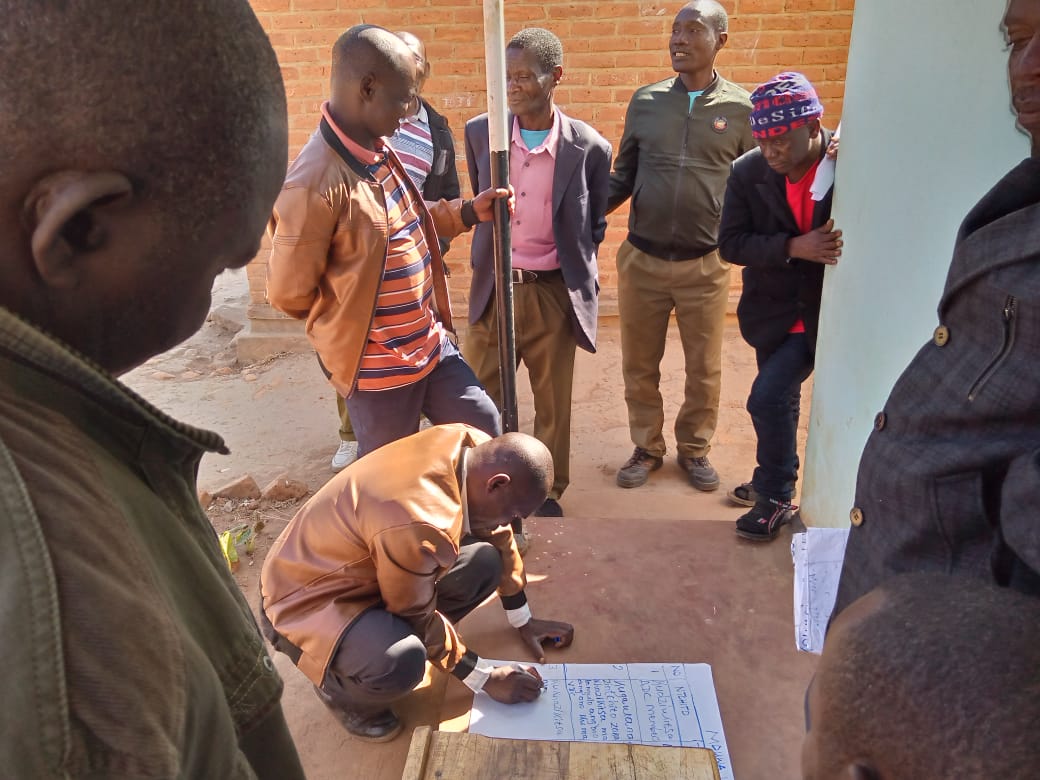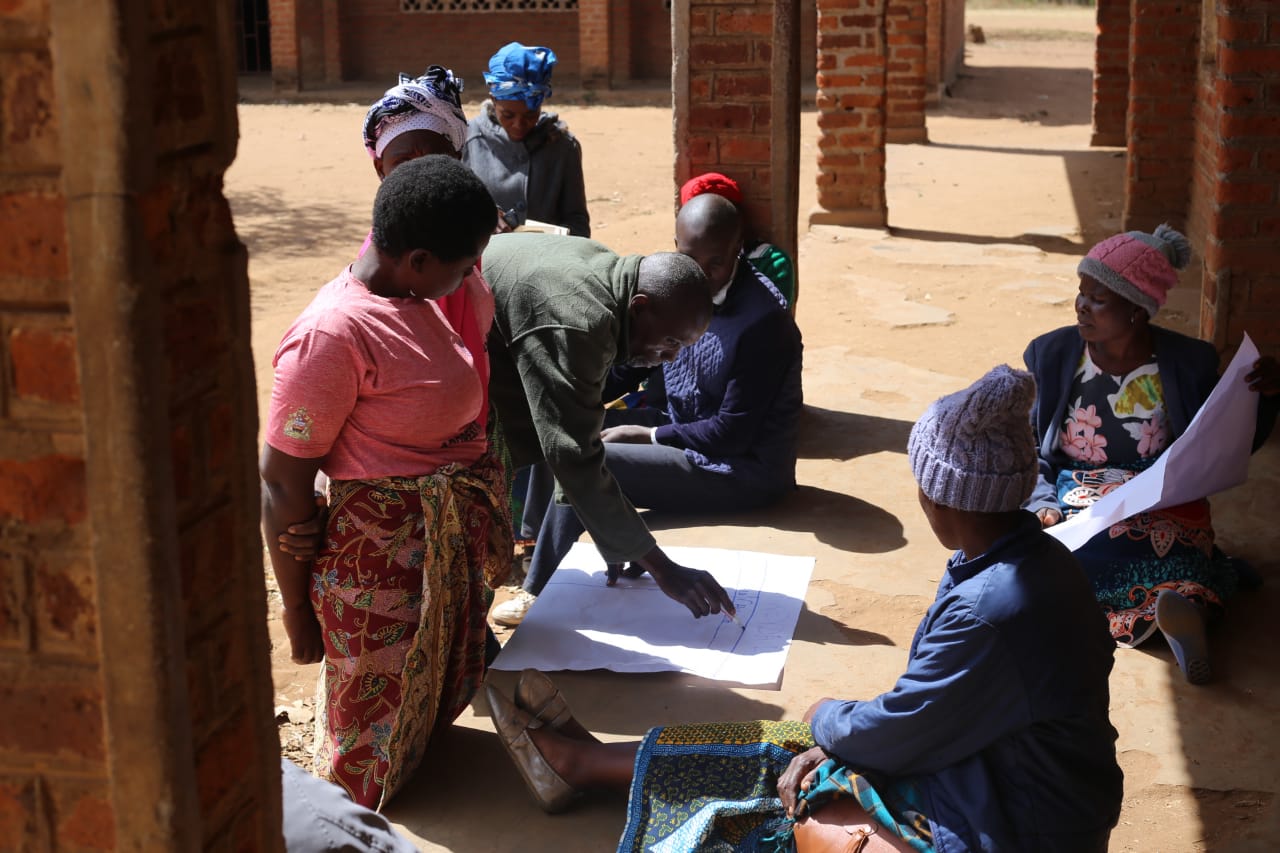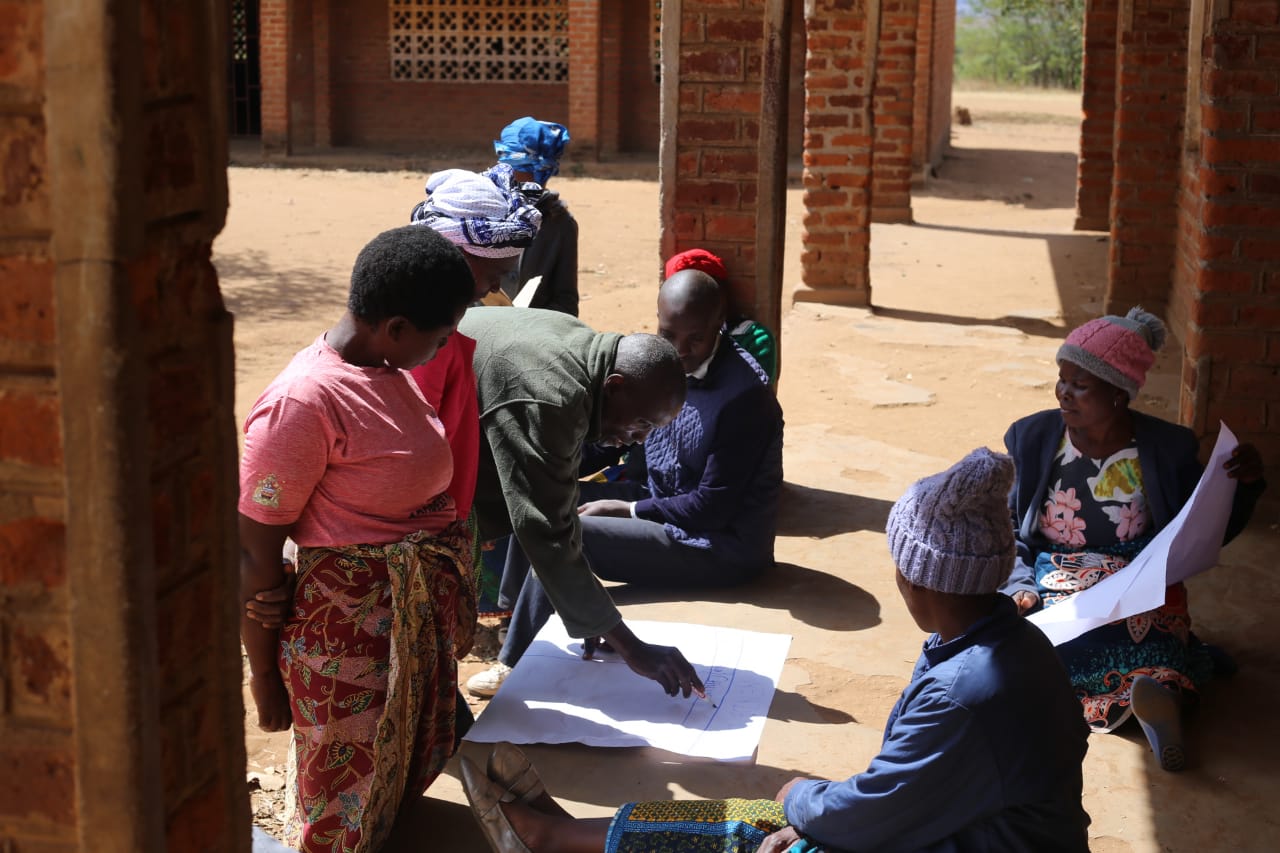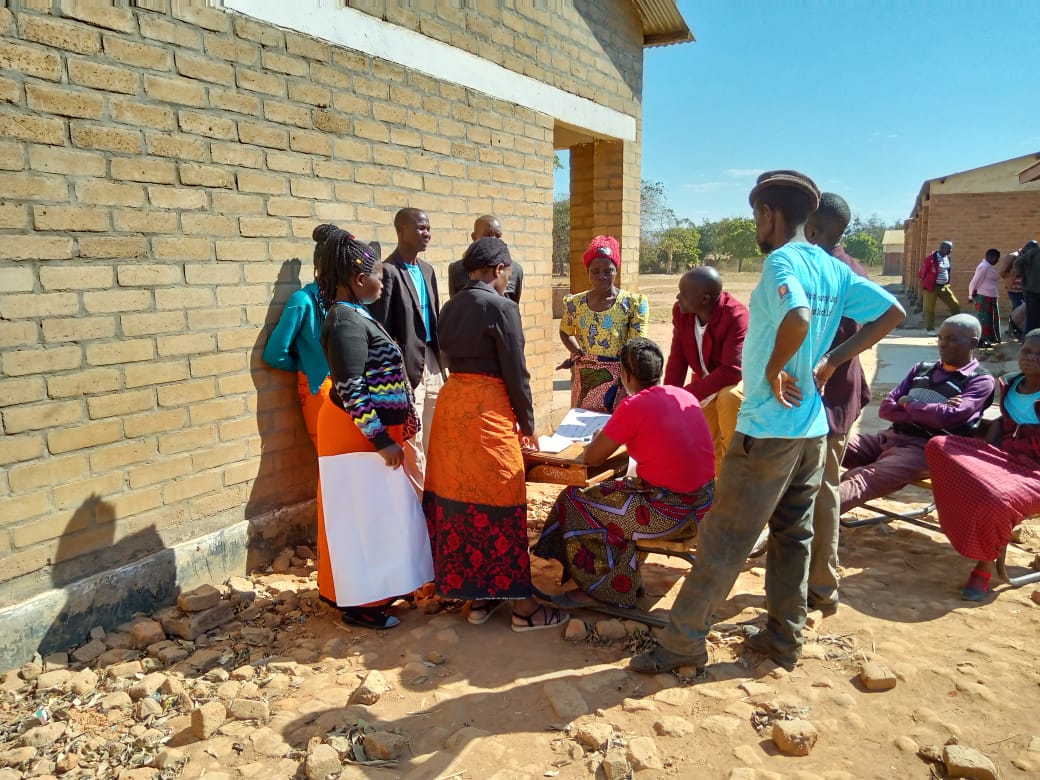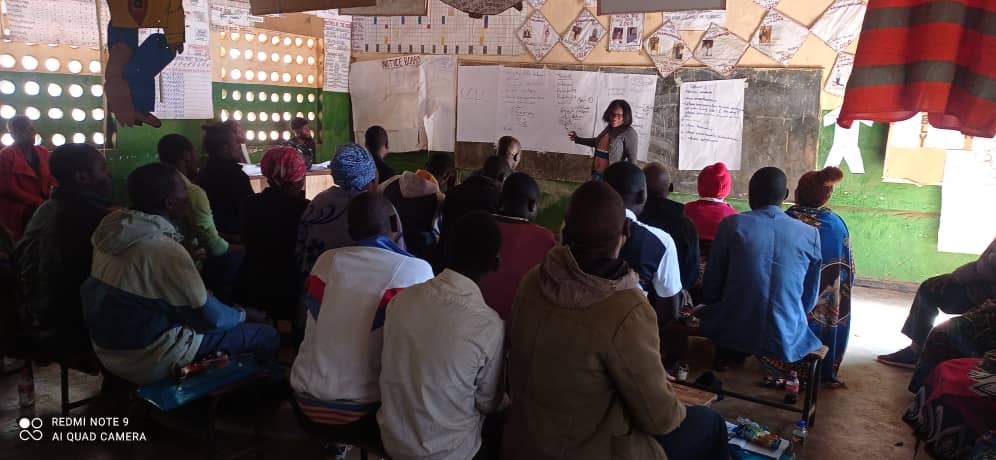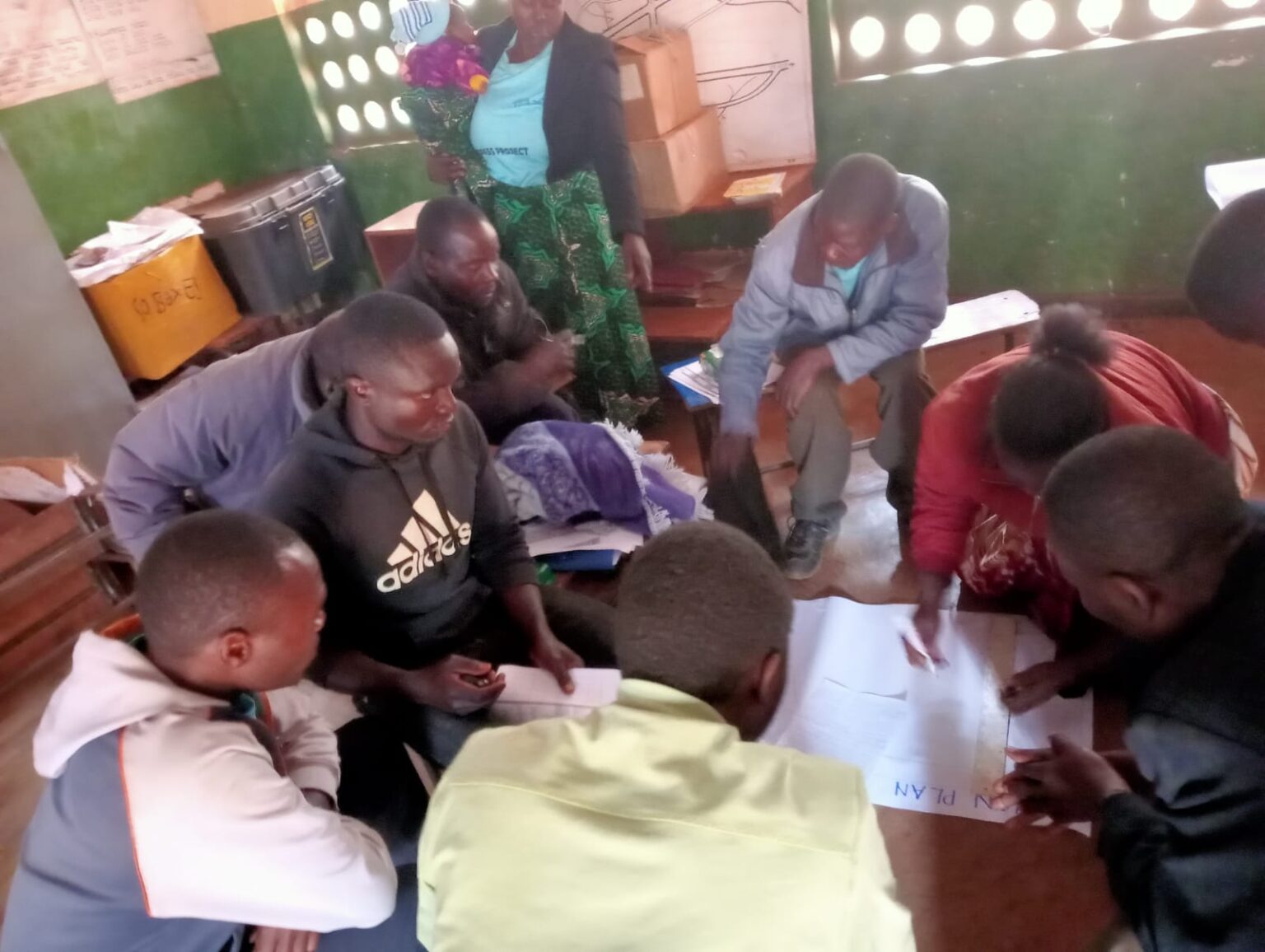ADDRESS PROJECT
Addressing Decent Work Deficits in Malawi’s Tobacco Sector
Improving Access to Rights for Malawi’s Tobacco Workforce
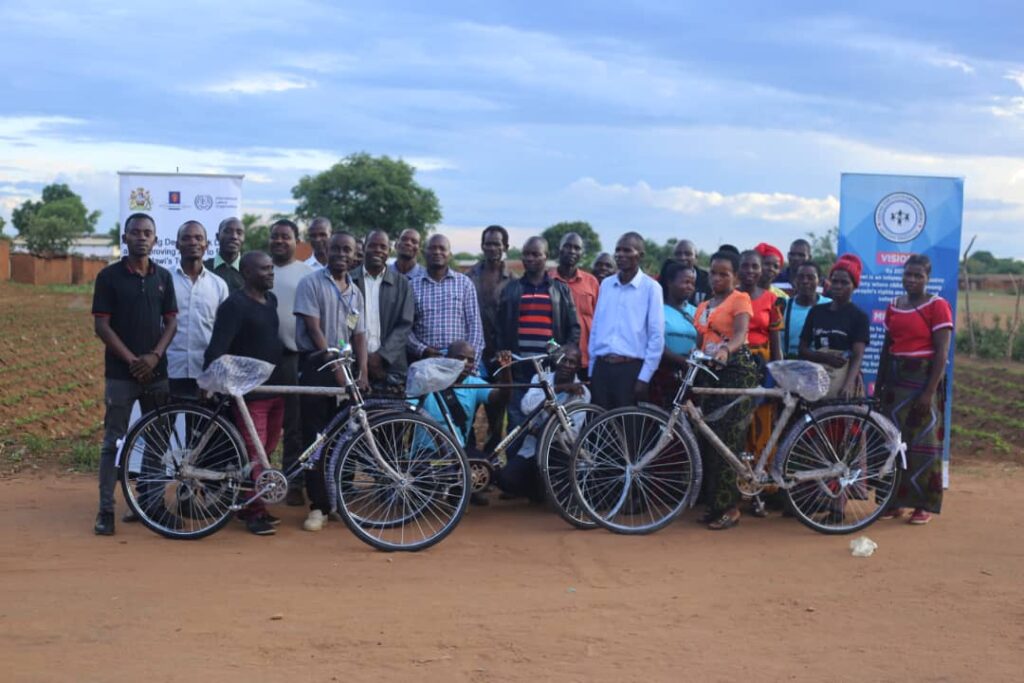
Project Overview
• Project Duration: 2020 – 2024
• Location: Tobacco-growing regions in Malawi
• Project Partners: ILO, Malawi Government, workers’ organizations, employer associations
Building Block 1: Enabling Policy Environment
• Objective: Strengthen the knowledge and capacity of government and social partners to address labor challenges in the agriculture sector.
• Outcomes:
o Development and implementation of policies targeting decent work conditions.
o Improved policy support for labor rights and safe, equitable work practices.
• Policy Actions: Support national frameworks to integrate labor rights and create sustainable rural employment.
Building Block 2: Strengthened Social Dialogue
• Objective: Enhance the capacity for social dialogue among the government, employers, and workers’ organizations.
• Outcomes:
o Increased collaboration and effective policy discussions among stakeholders.
o Better outreach and organization within tobacco and agriculture sectors to support fair labor practices.
Building Block 3: Addressing Decent Work Deficits and Economic Diversification
• Objective: Improve working conditions, reduce child labor, and support alternative livelihoods in the tobacco sector.
• Outcomes:
o Improved safety and fair wages for workers in tobacco-growing communities.
o Creation of diverse economic opportunities to reduce dependence on tobacco cultivation.
• Actions: Train farmers on alternative crops, enhance safety practices, and improve wage structures.
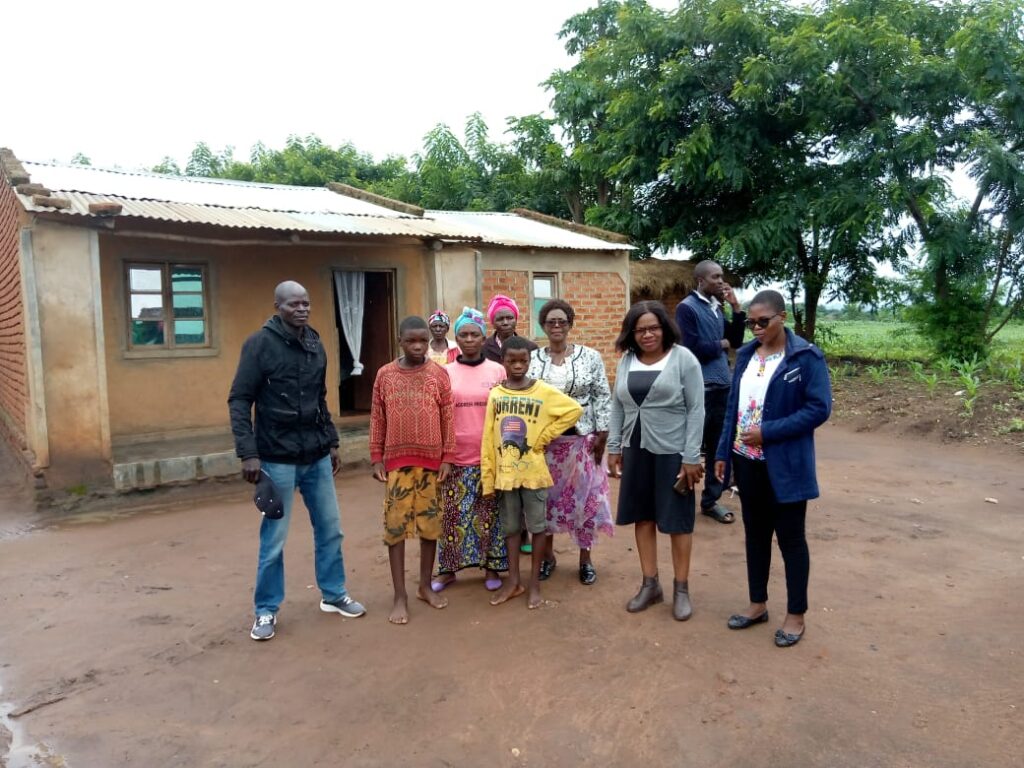
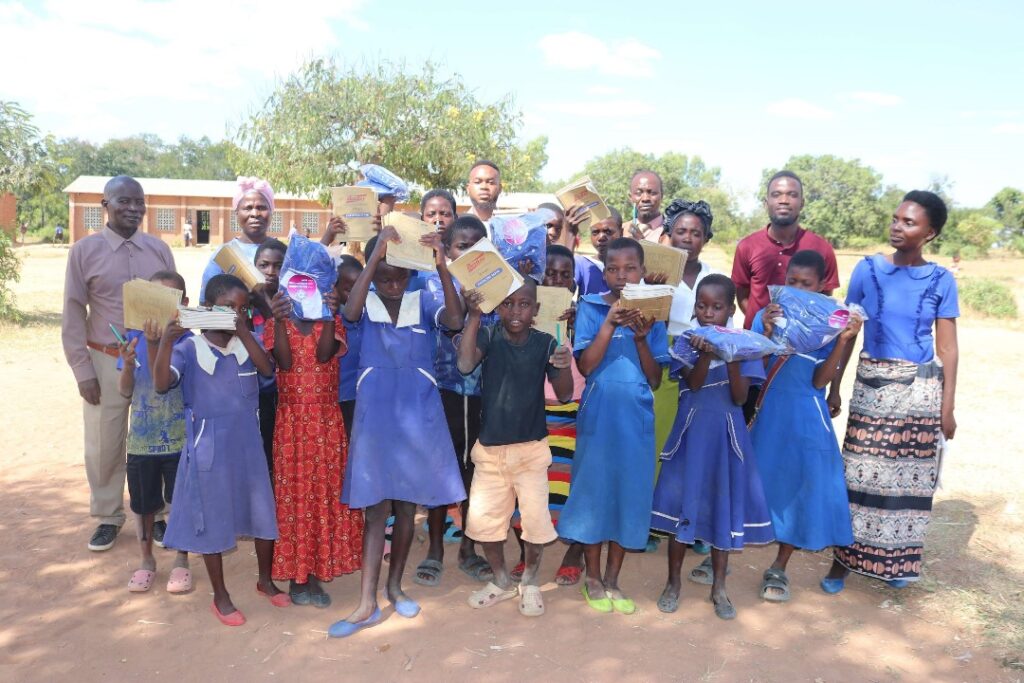
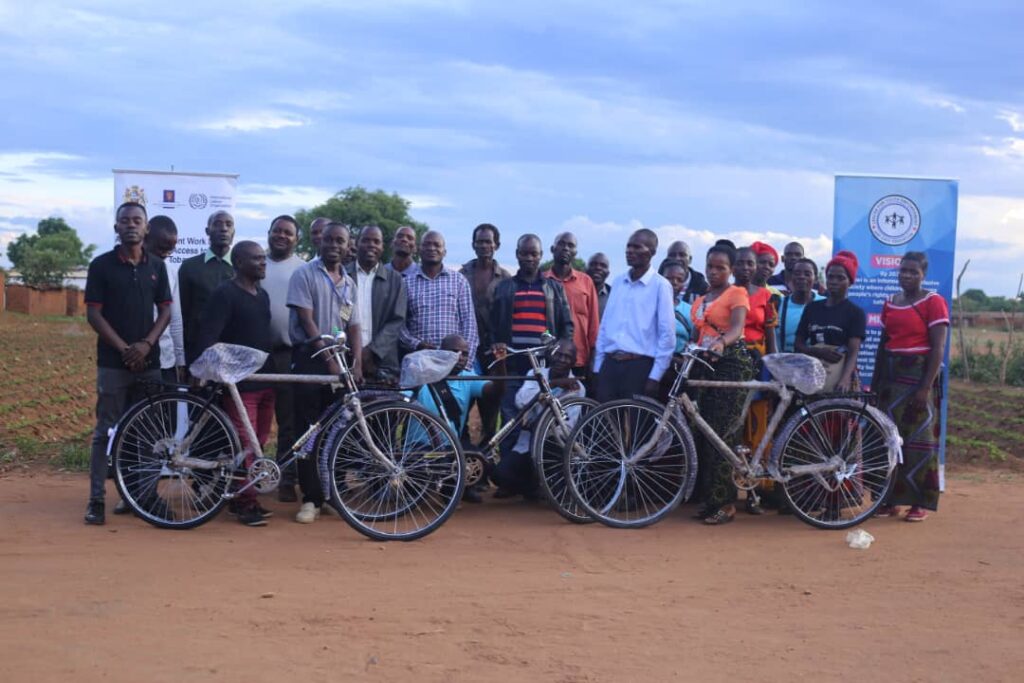
Goal: To address decent work deficits in Malawi’s tobacco sector, focusing on labor rights, child labor reduction, and economic diversification for better livelihoods.
Key Activities and Achievements
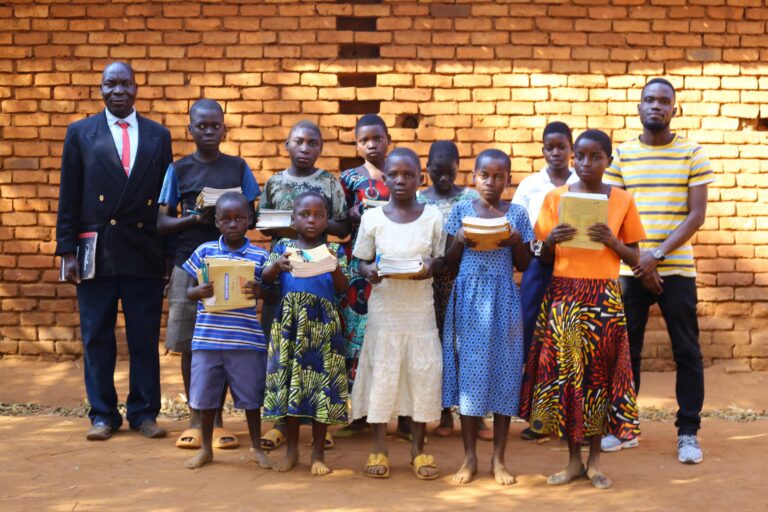
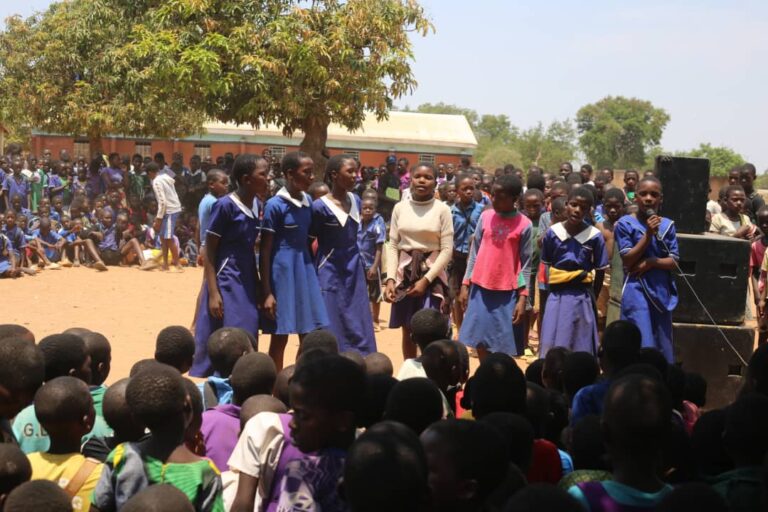
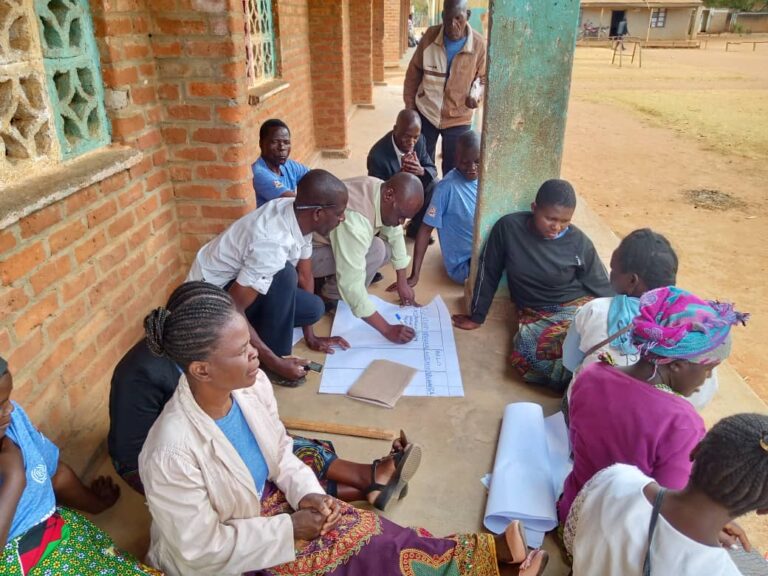
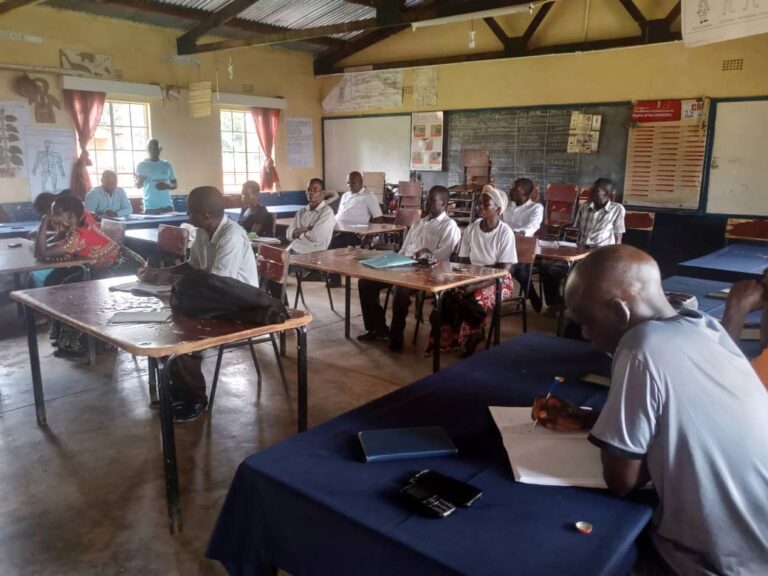
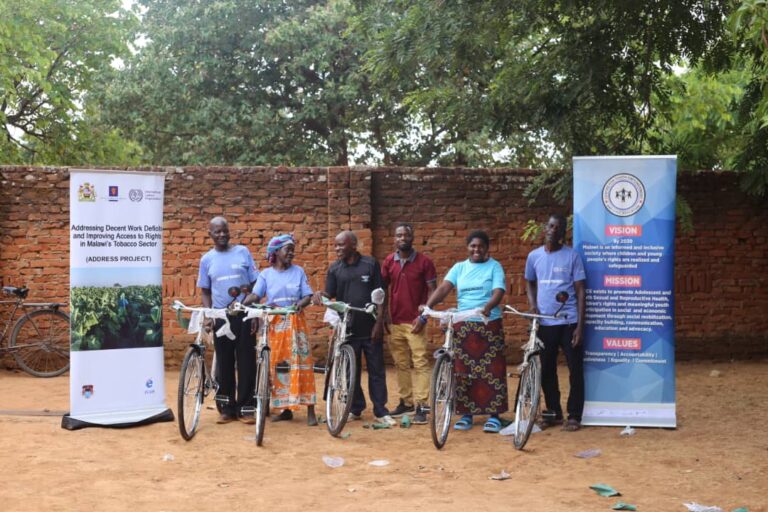

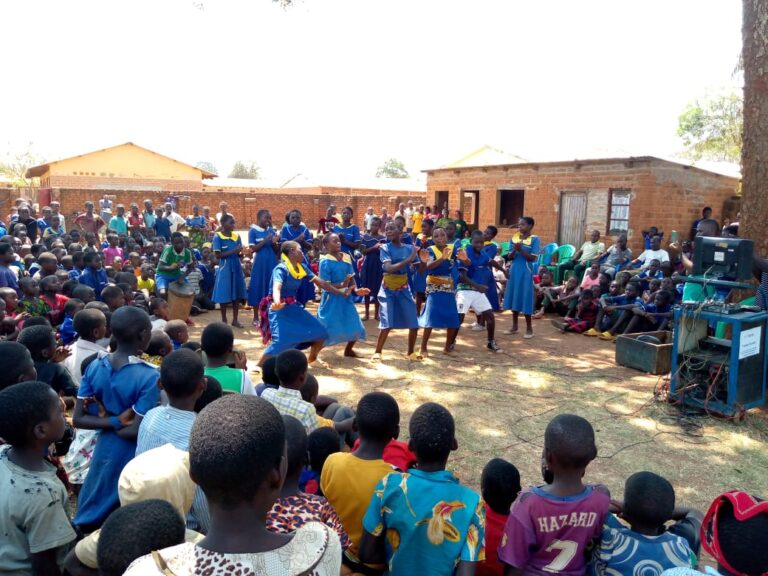
Community Training and Capacity Building
• Social Accountability Training: Educated community leaders on labor rights and occupational health standards.
• Workshops for Farmers: Provided training on safety and efficient practices for diverse farming to support sustainable livelihoods.
• Success: Empowered over 600,000 workers in tobacco-dependent areas to understand and demand fair labor rights.
Child Labor Reduction and Worker Safety
• Child Labor Monitoring: Conducted assessments to identify and mitigate child labor risks in tobacco farms.
• Safety Training: Distributed PPE and provided health guidelines to reduce occupational hazards.
• Impact: Significant reduction in child labor rates and improved workplace safety conditions in targeted areas.
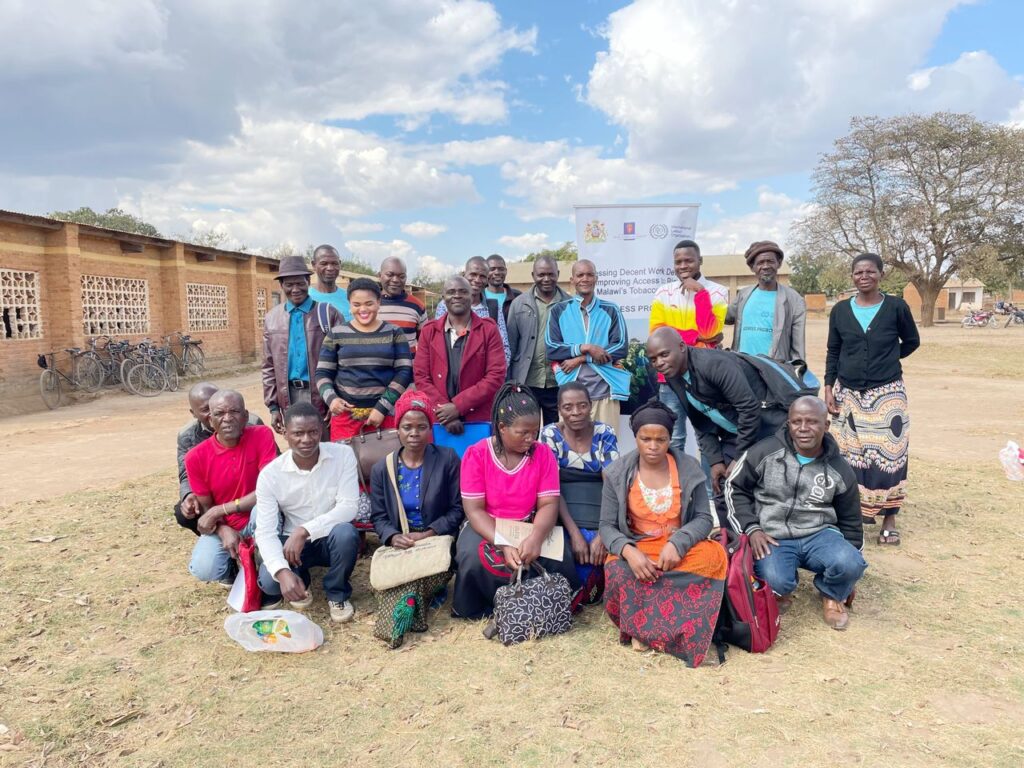
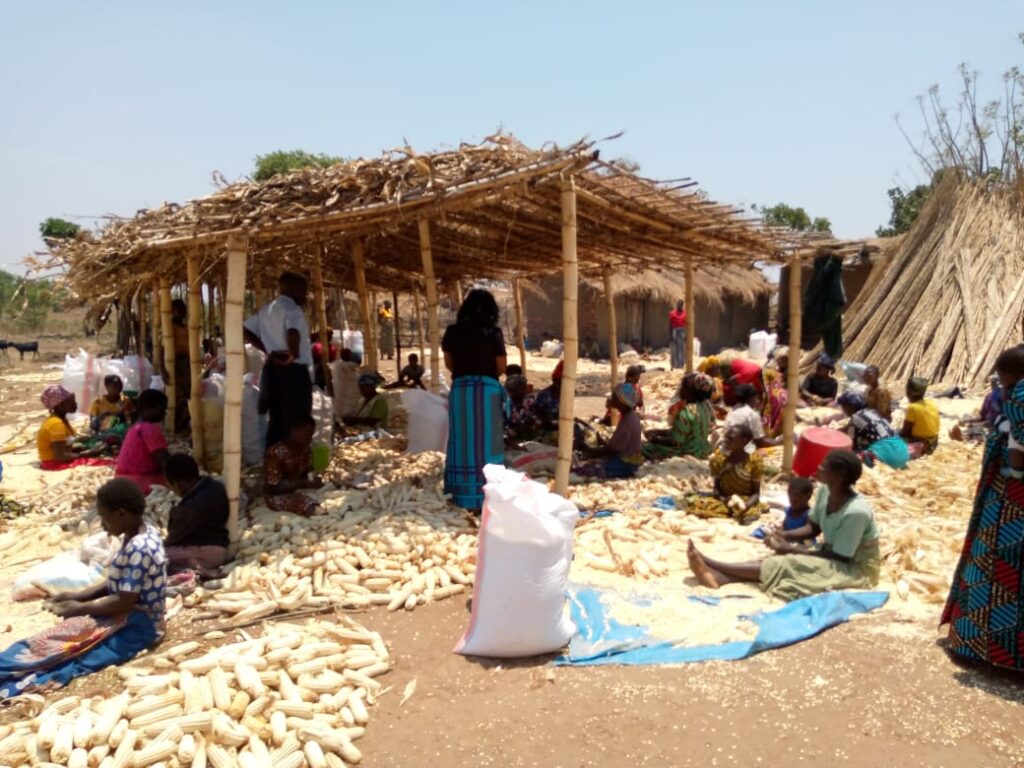
“Exciting updates from Mchinji district! CYECE wrapped up insightful review meetings with Dambe and Mduwa Community Child Labour Committees (CCLCs). The Committees showcased their impactful work—awareness meetings, identifying children at risk, successful follow-ups on cases, and reintegrating children into schools. Moreover, they engaged in vital social dialogues with farm owners and workers, advocating the abolishment of the tenancy system. Challenges like mobility and access were highlighted alongside the ongoing pursuit for interviews. #ChildRights #CommunityEngagement #ProgressInMotion“
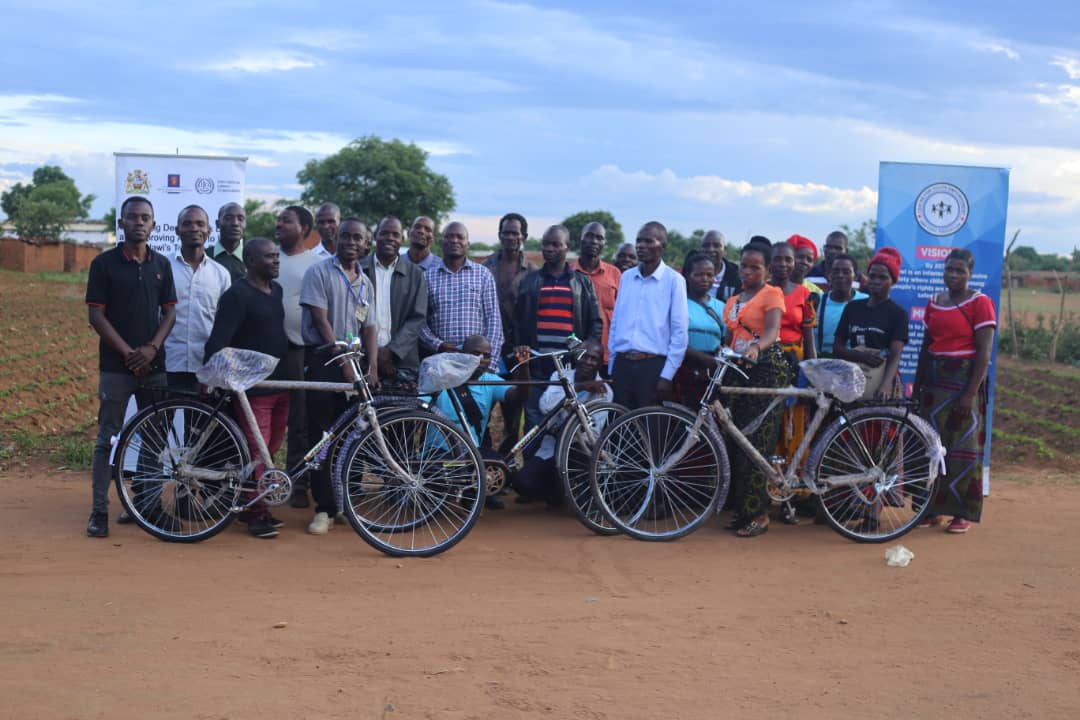
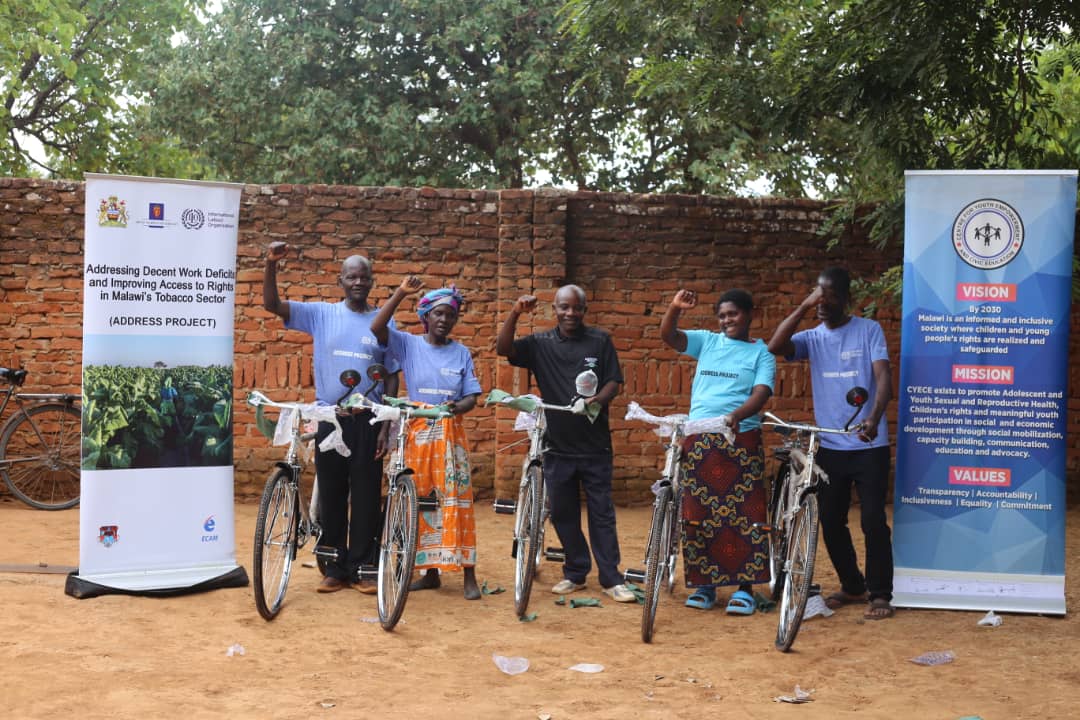
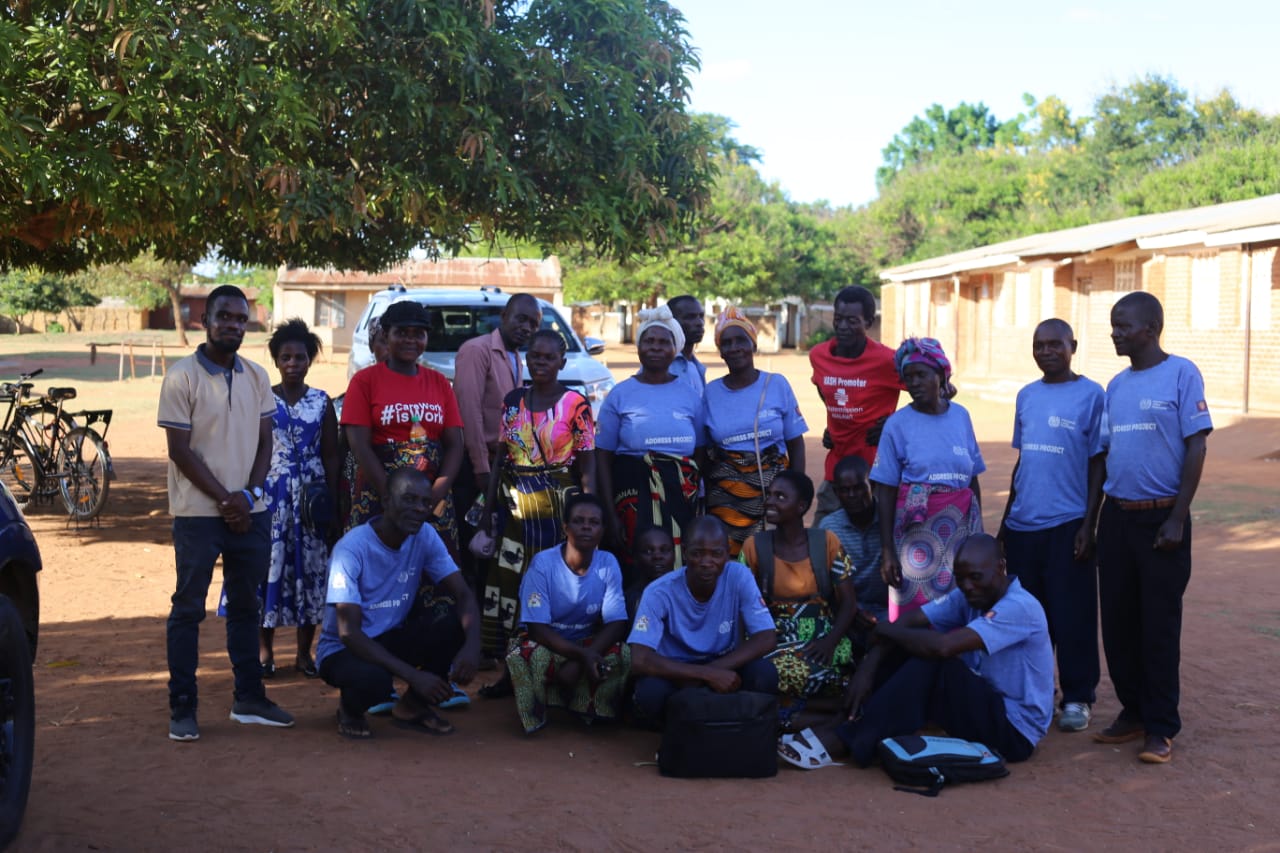
“Empowering TA Chadza: ADDRESS Project’s Creative Open Day Raises Voices Against Child Labor, Promotes Equality. Through compelling drama, poetry, and songs, children shed light on the harsh realities of child labor. Key figures emphasized change, fostering a community united for children’s education. The event ended on a high note, gifting recreation and hope, echoing the collective commitment to end child labor”
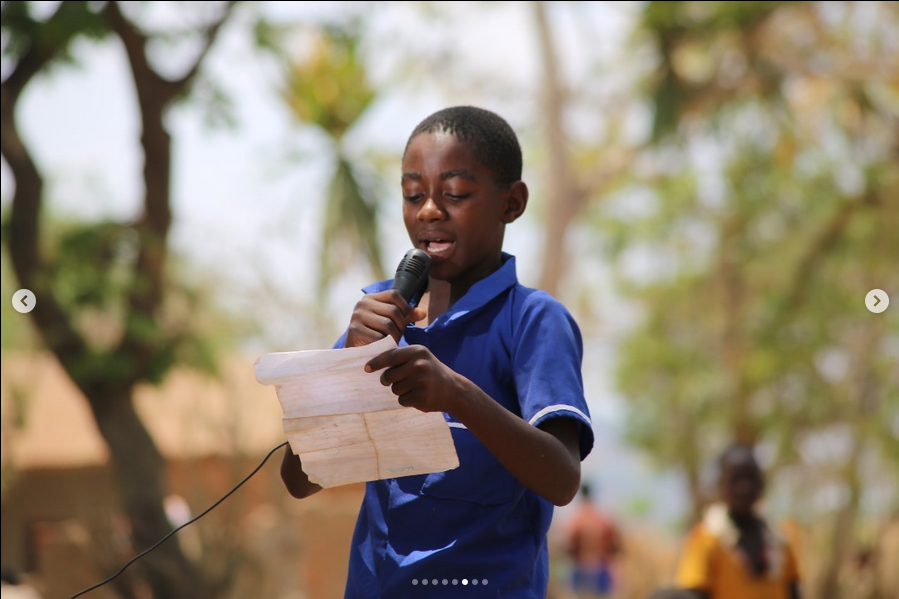
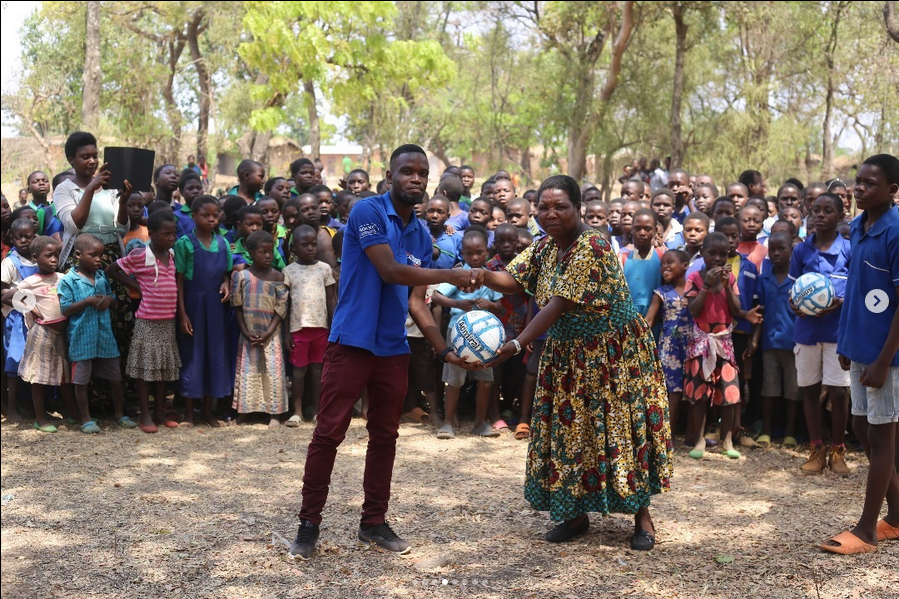
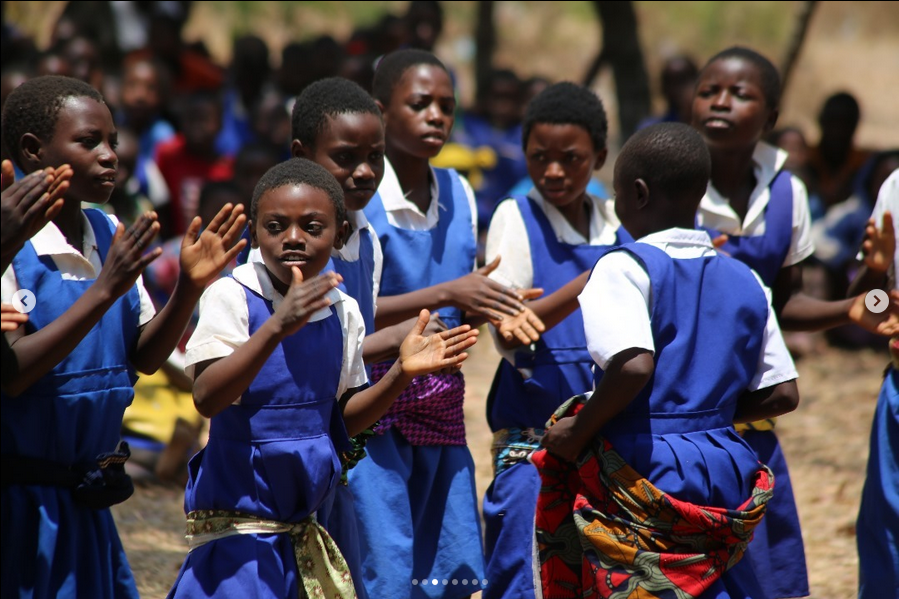
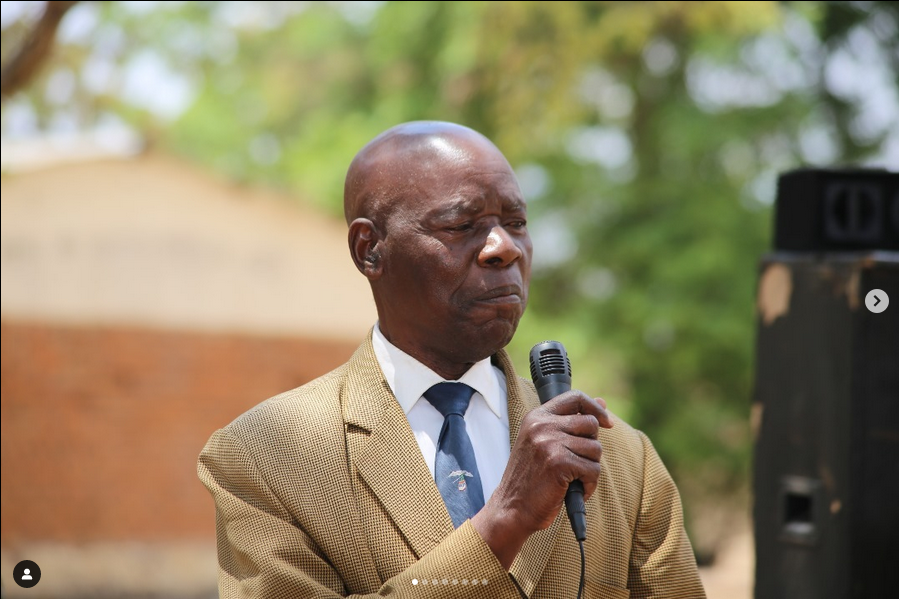
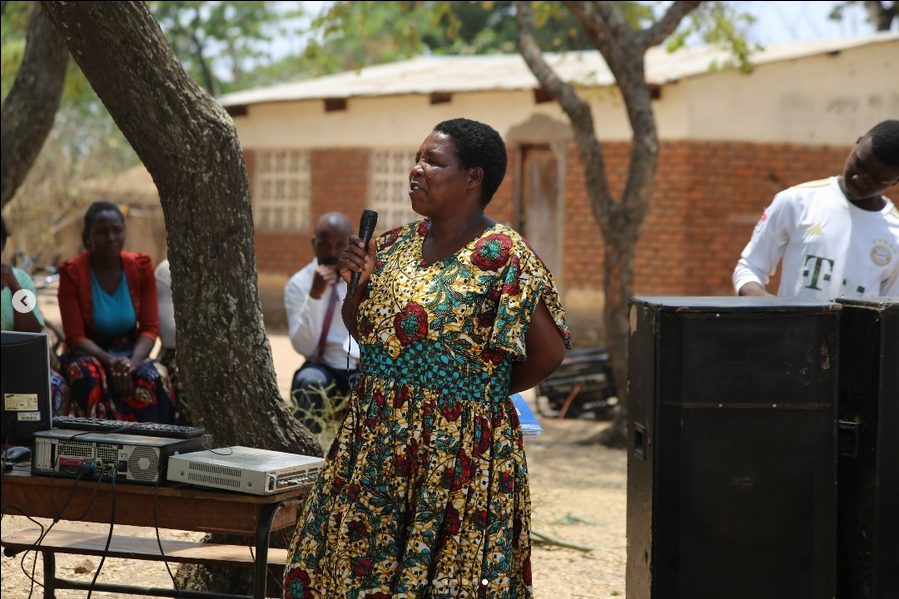
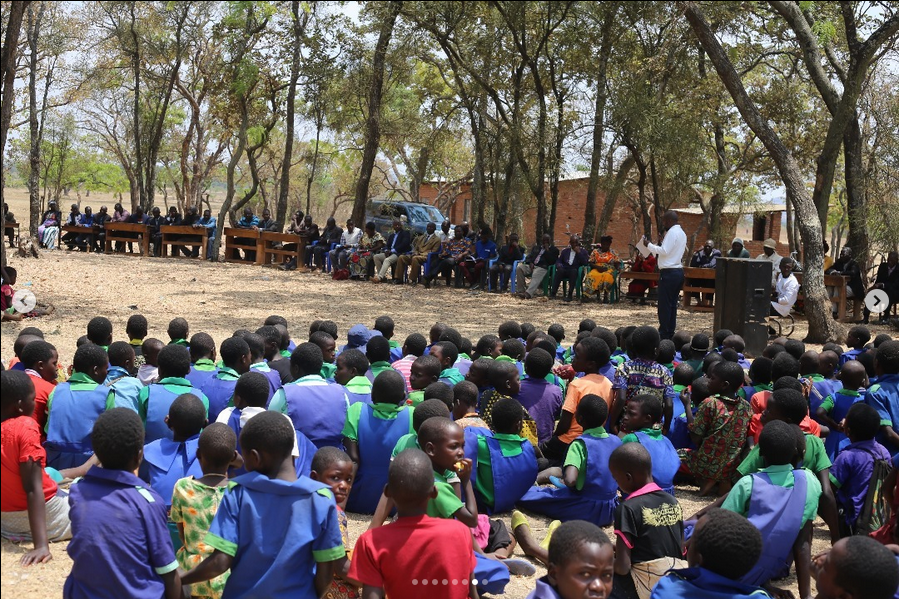
Making a Difference! we came together in TA M’bang’ombe for a school open day focused on raising awareness about Child Labor. With the support of local leaders, parents, and teachers, our young learners showcased their commitment to ending child labor through powerful performances, including drama, poems, and songs. We believe in a brighter future where every child gets the chance to learn and grow, and we took a step closer by promoting recreation through sports with the gift of 2 footballs and 2 netballs. Together, we are making strides to #EndChildLabor! #EducationMatters #ChildRights #CommunityUnity
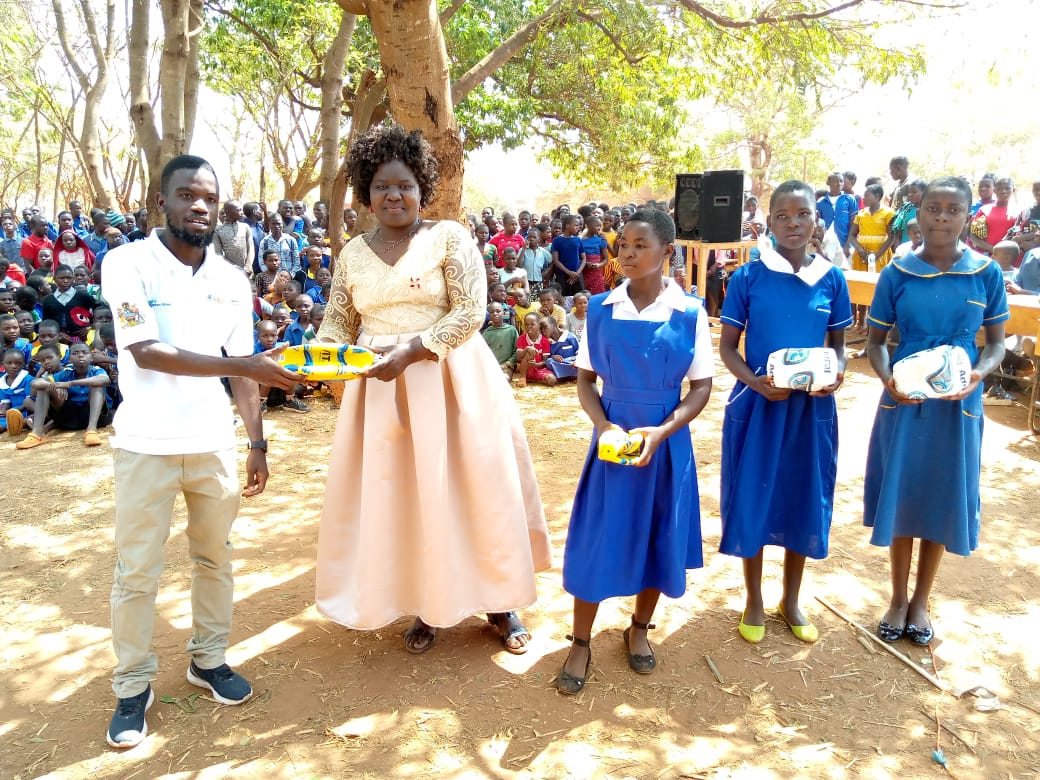
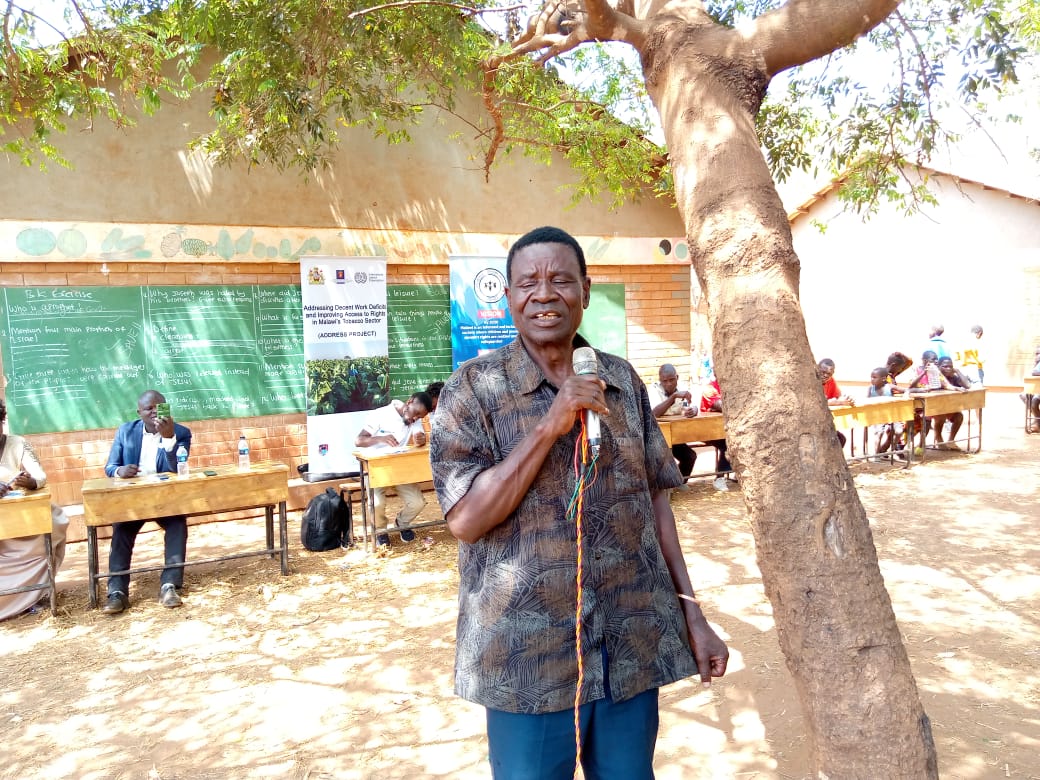
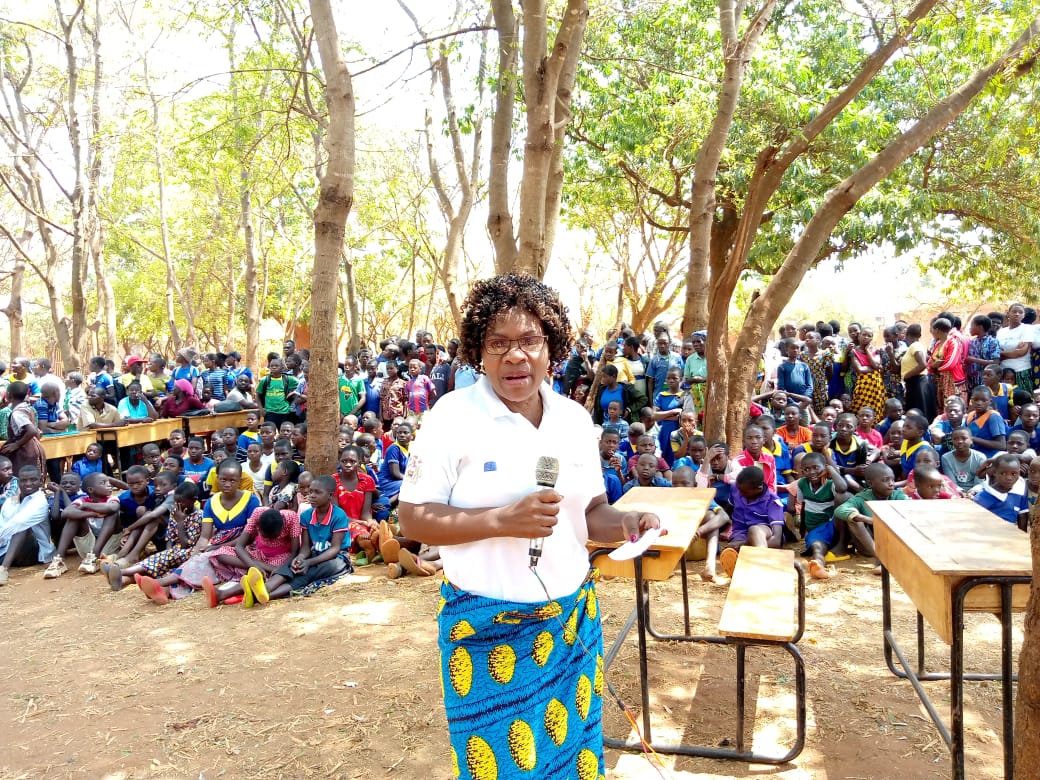
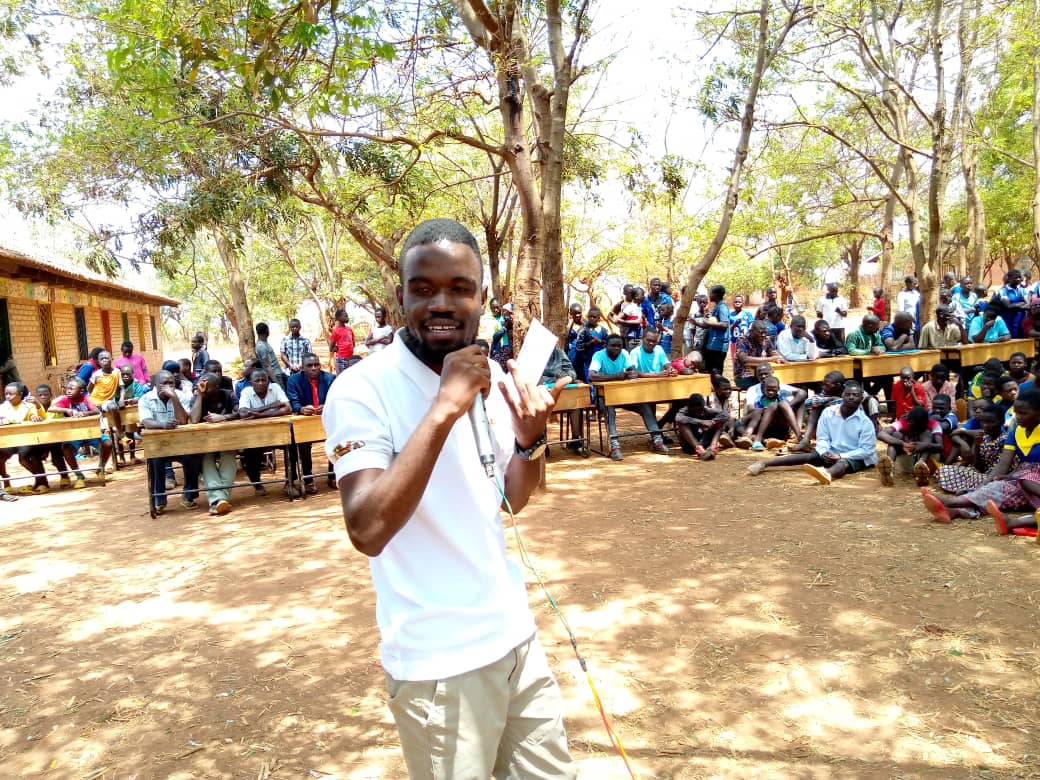
Empowering Kids, Eradicating Labor! This week, in the ADDRESS Project, T/A Dambe in Mchinji hosted a school open day. With farming season looming and child labor concerns rising, we educated students from three schools about the issue and where to report. Through lively performances, kids shared their knowledge via songs, poems, and drama. As a positive gesture, we donated sports equipment, encouraging them to stay active. Together, we’re ensuring a safer environment for every child! #ChildRights #EmpowerKids #ADDRESSProject
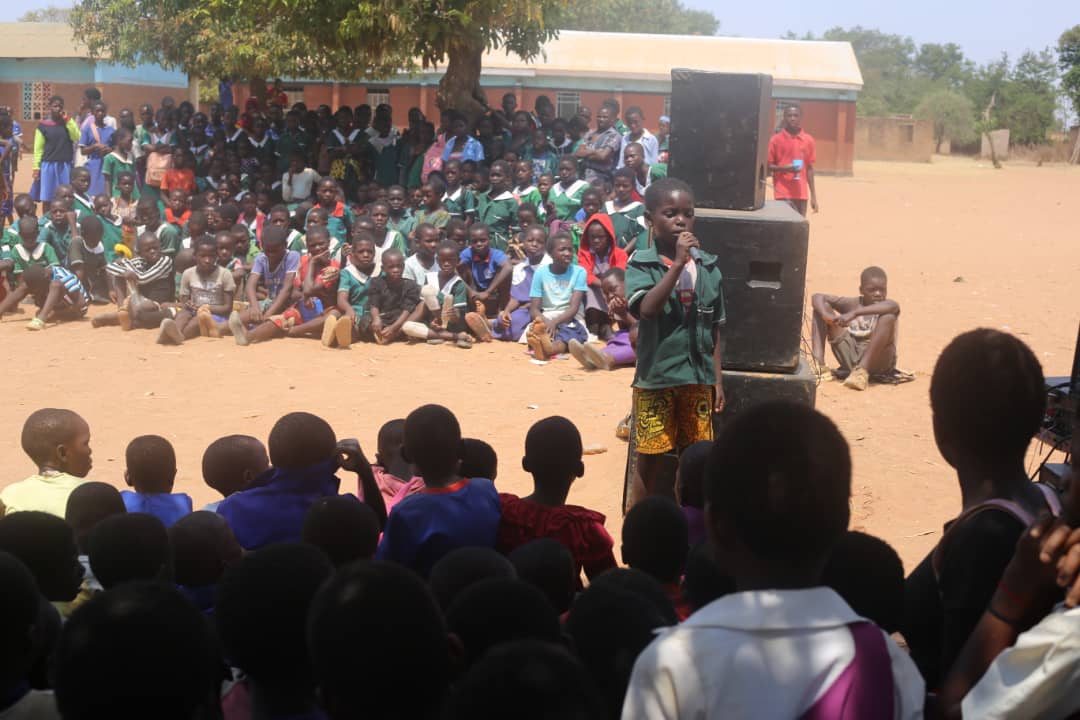
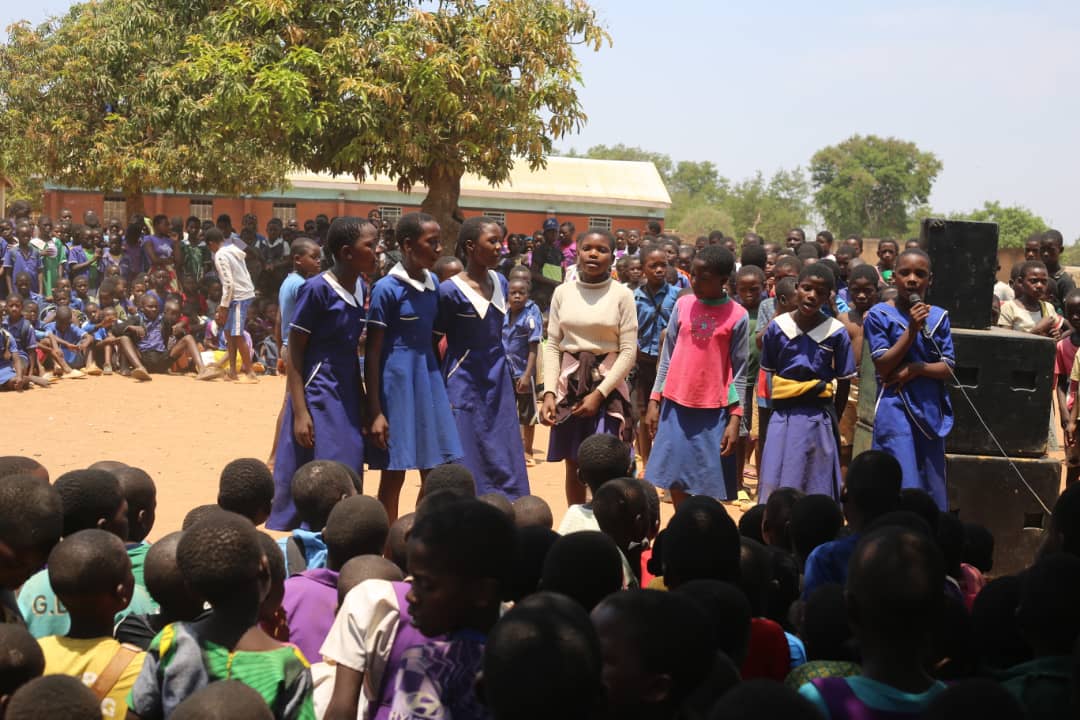
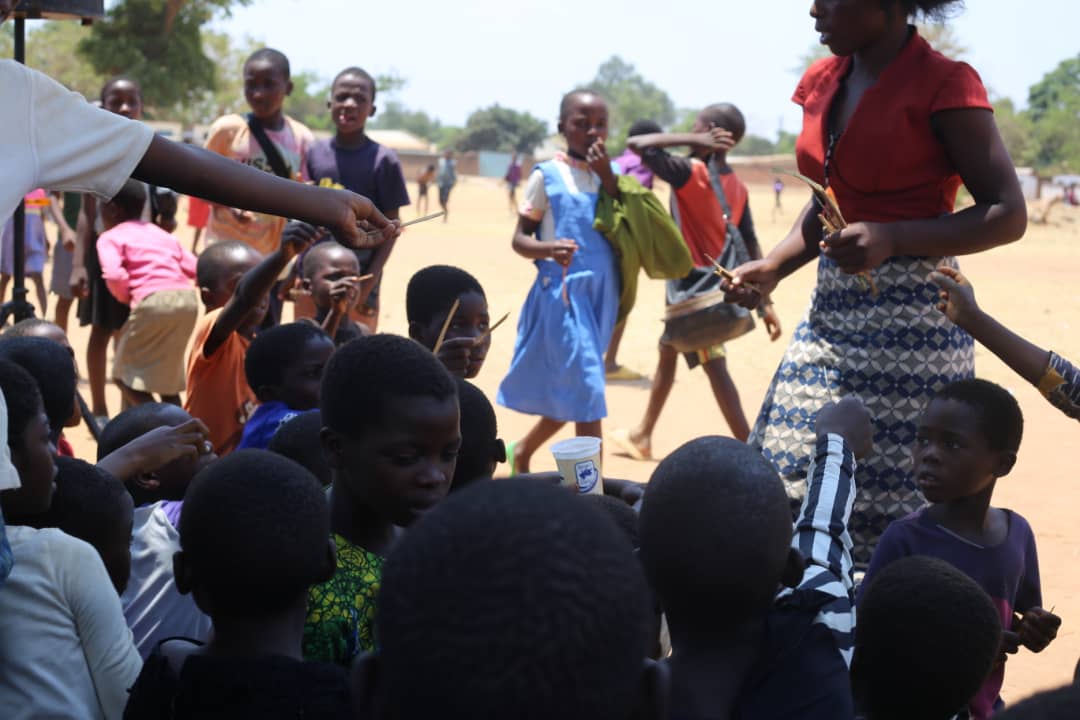
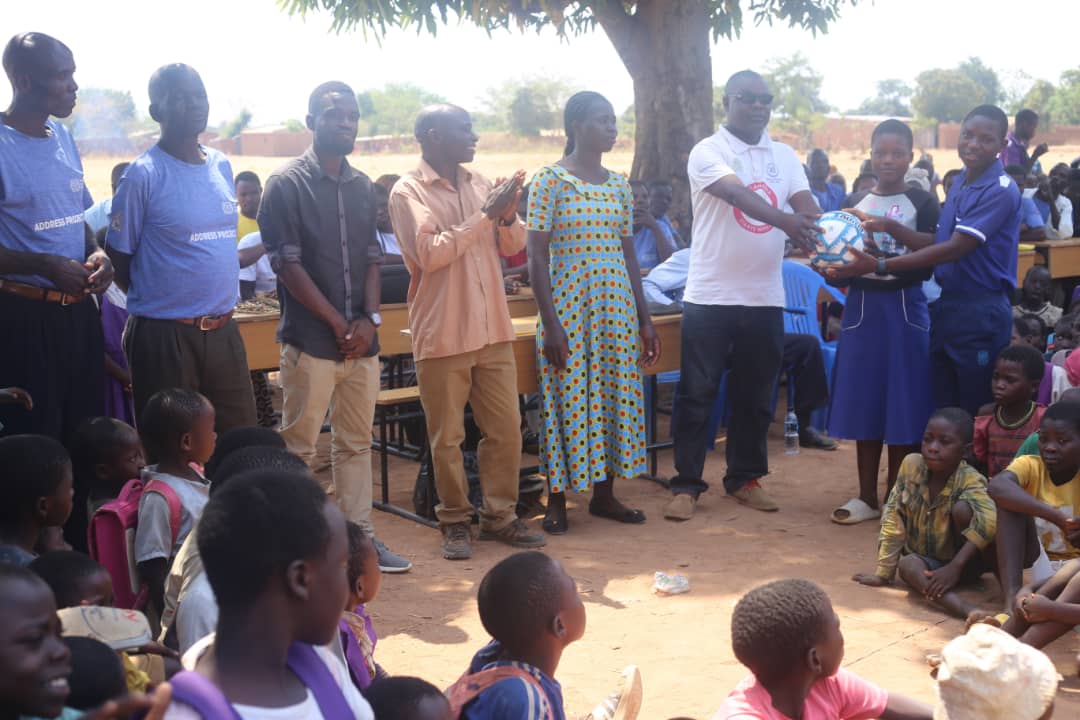
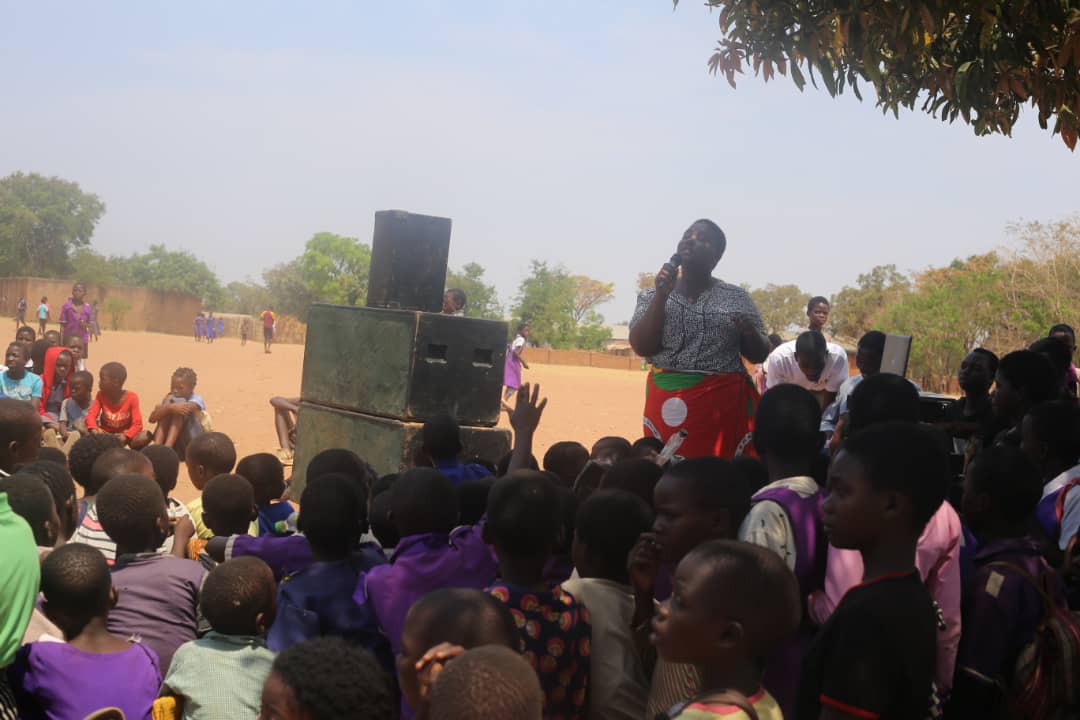
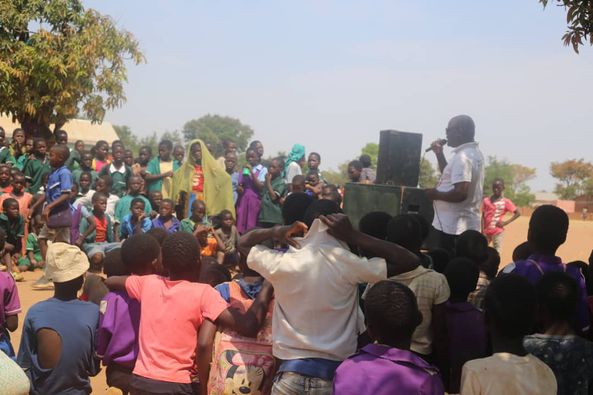
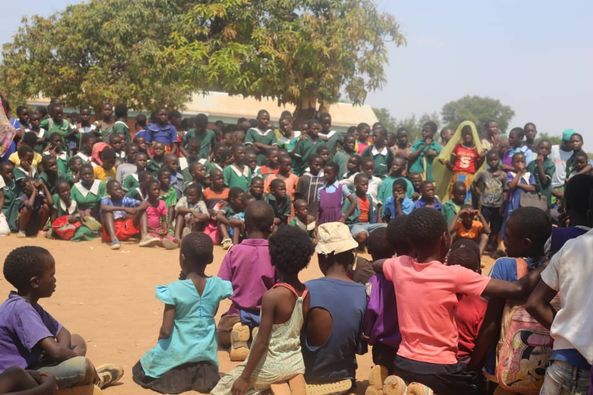
Nurturing Future Leaders! At TA Mduwa, children passionately addressed child labor issues through poetry, drama, and songs in the OPEN DAY event under the ADDRESS Project. Investing in these young minds means investing in a future where every child thrives, shaping a world where their voices echo for justice and progress. Together, let’s empower – building a better world for all. #EmpowerYouth #ChildRights #ProgressTogether
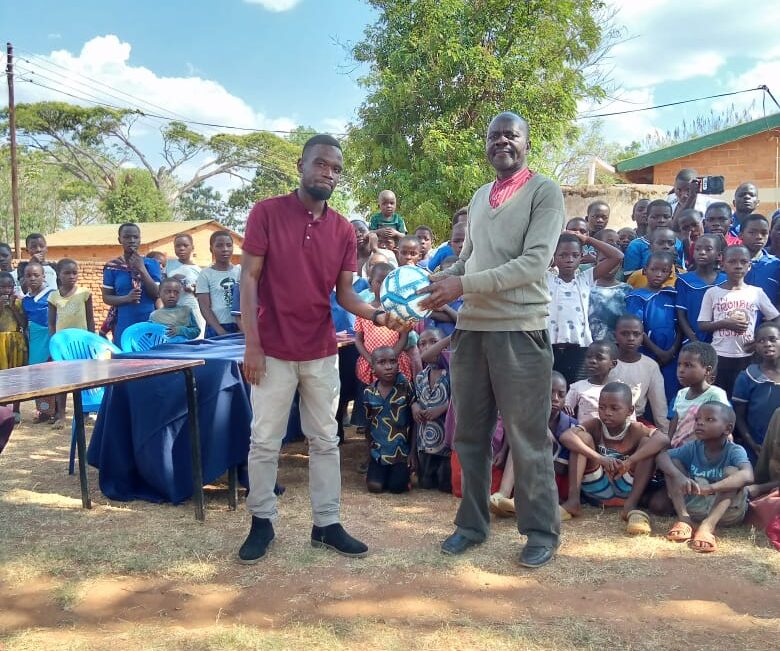
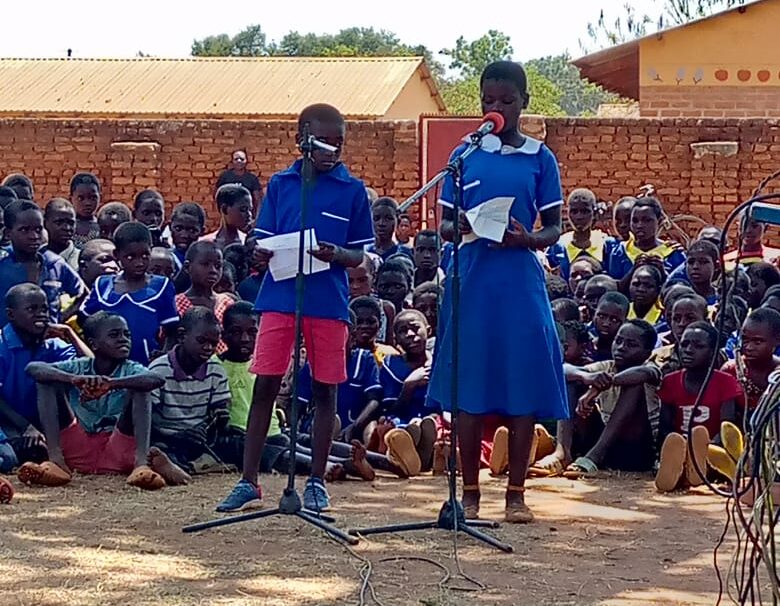
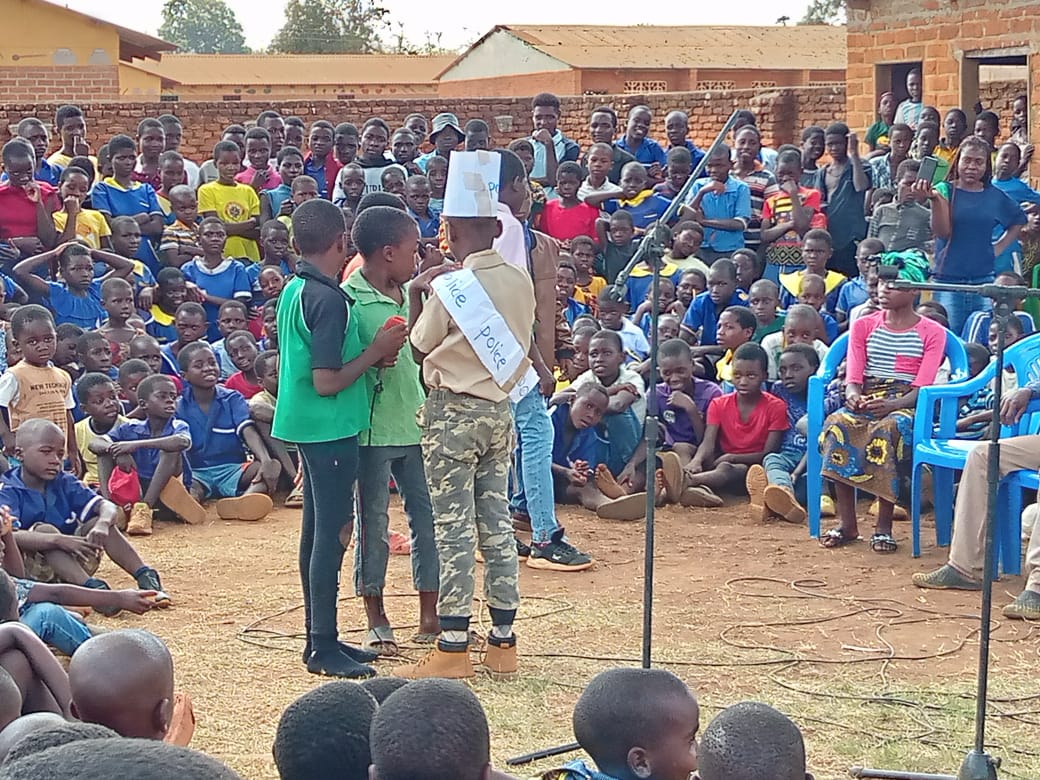
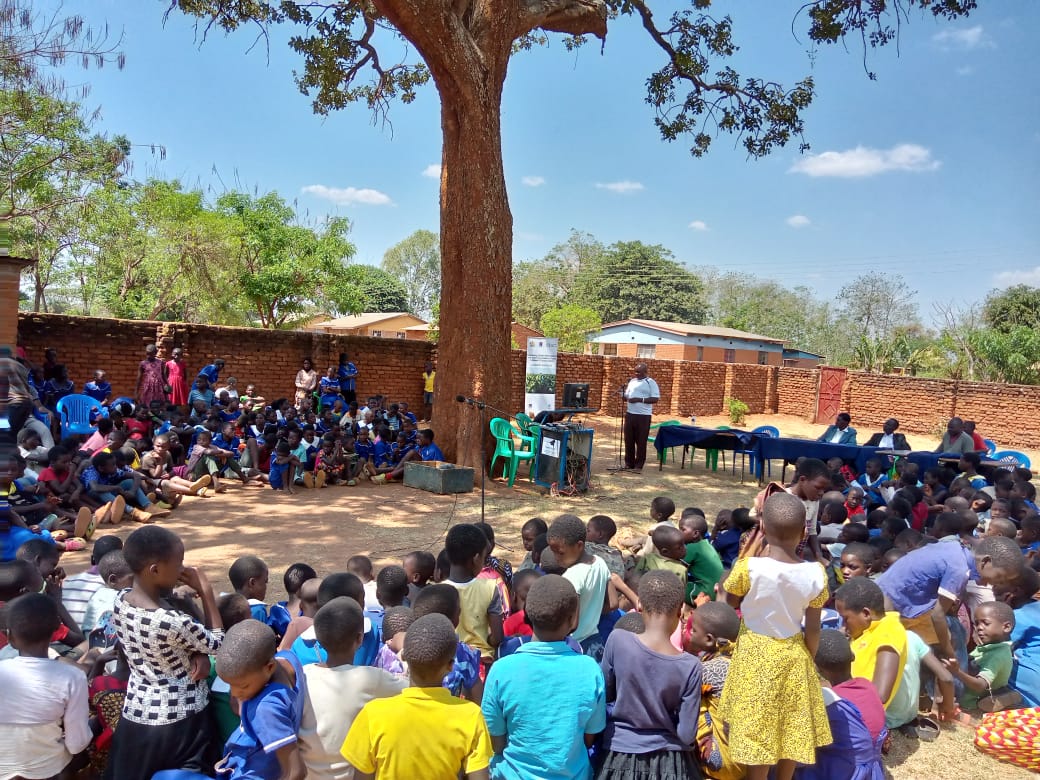
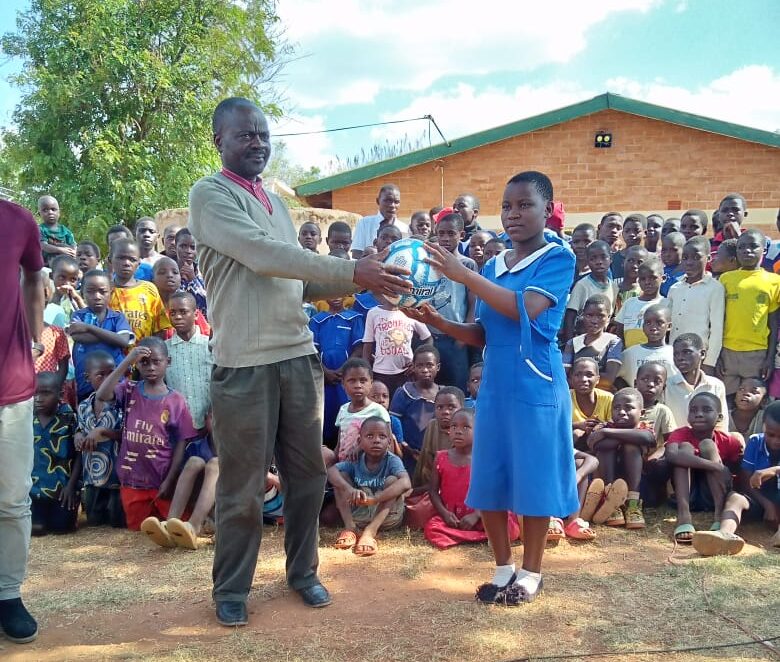
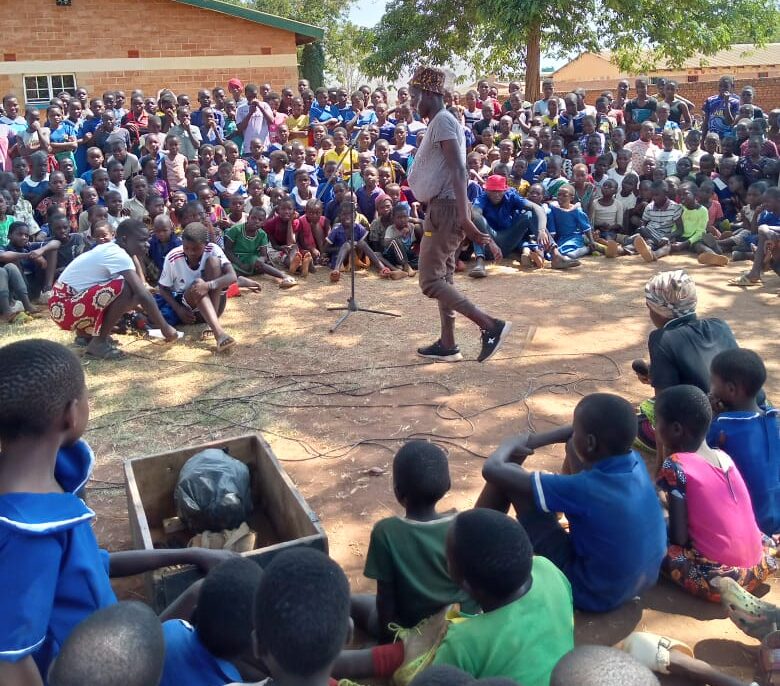
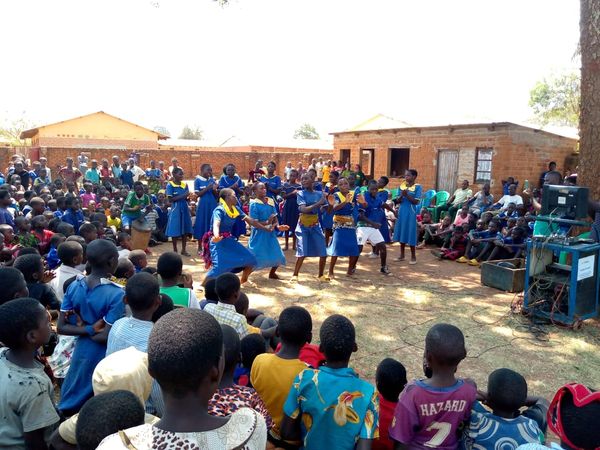
Outcomes & Impact
Improved Working Conditions
• Decent Wages: Established wage standards and reduced reliance on tenancy labor to ensure fair compensation.
• Safer Work Environments: Enhanced compliance with safety regulations and improved access to protective gear.
• Positive Community Feedback: Increased satisfaction among workers, who report better working conditions and access to rights
Economic Diversification
• Alternative Livelihoods: Trained farmers in growing crops other than tobacco, creating diversified income sources.
• Impact: Communities less dependent on tobacco farming are experiencing better economic stability.

